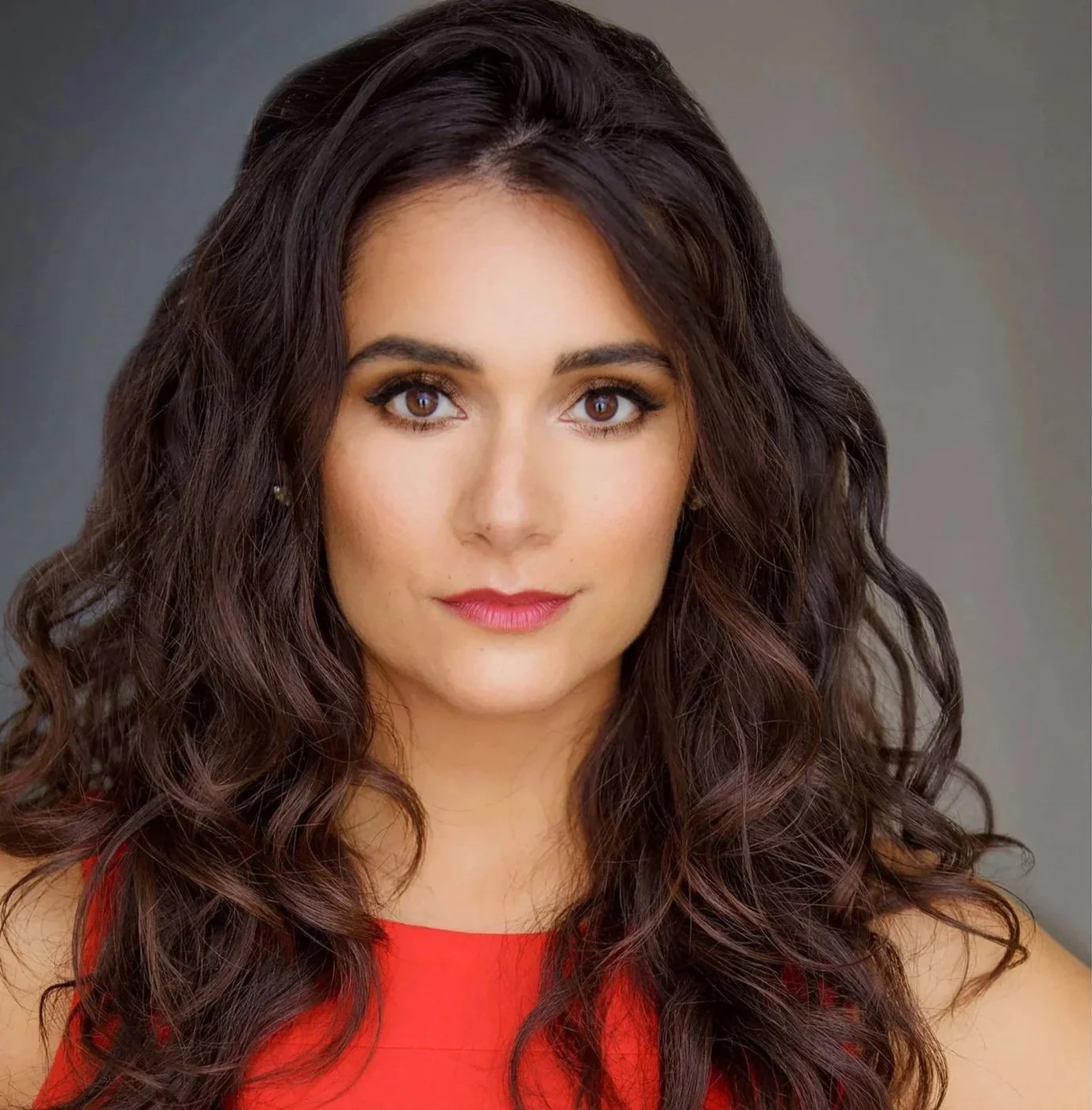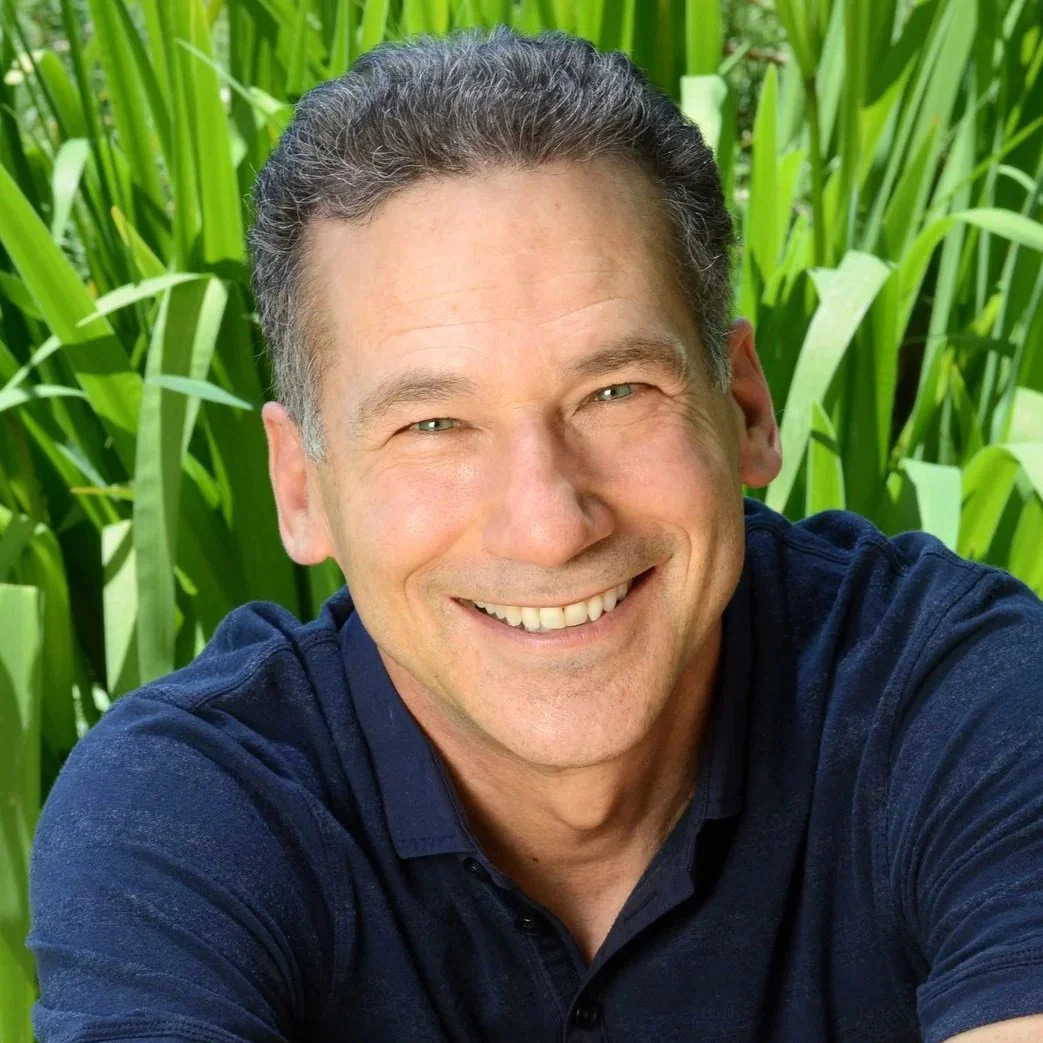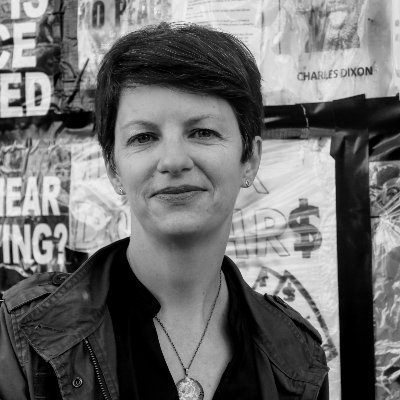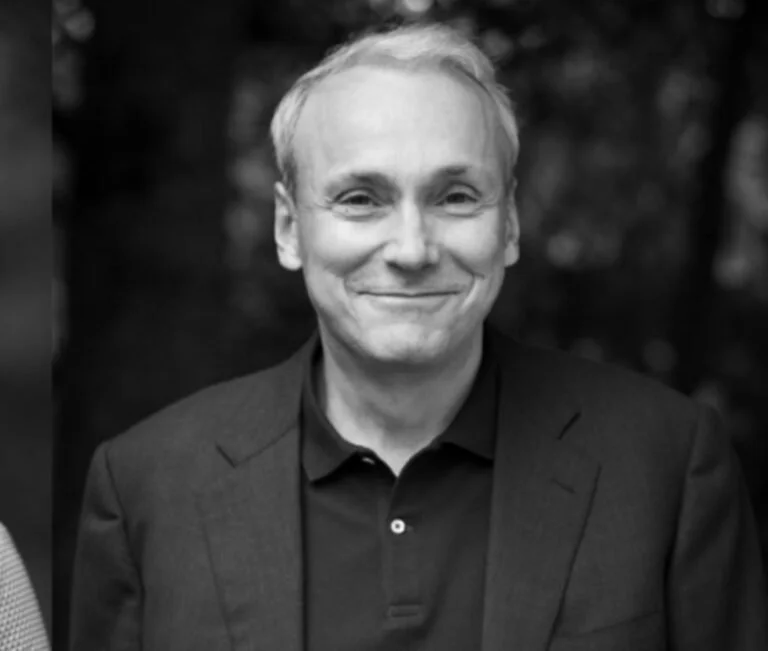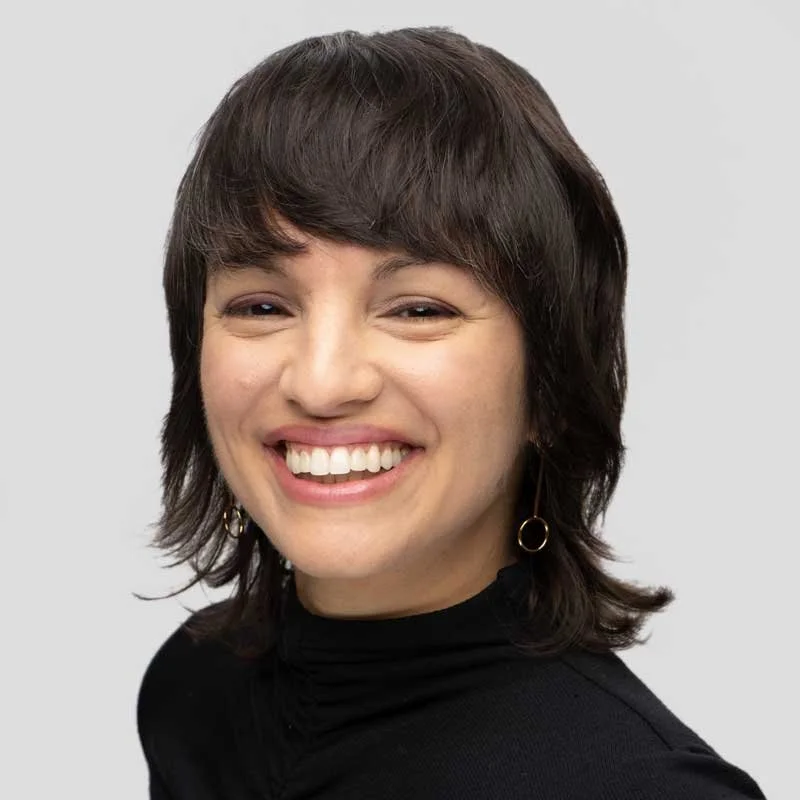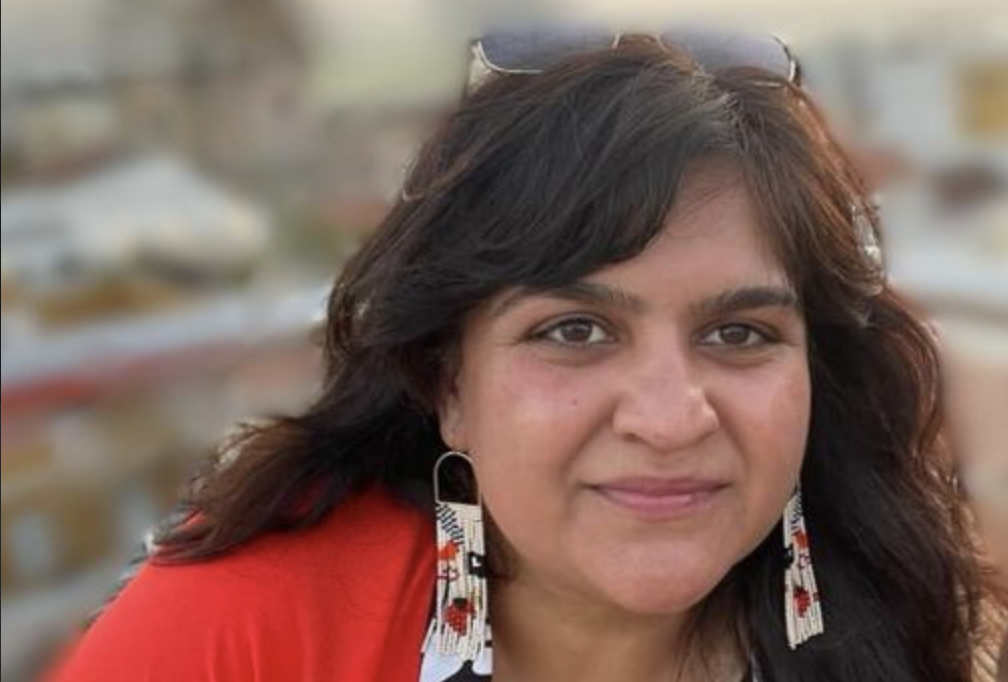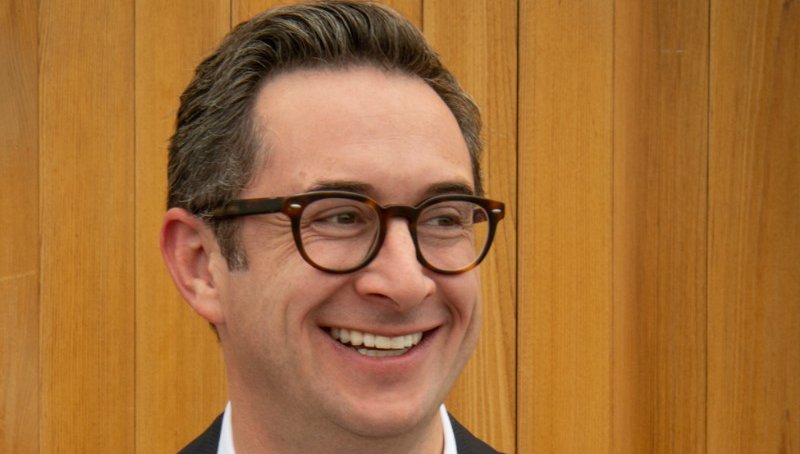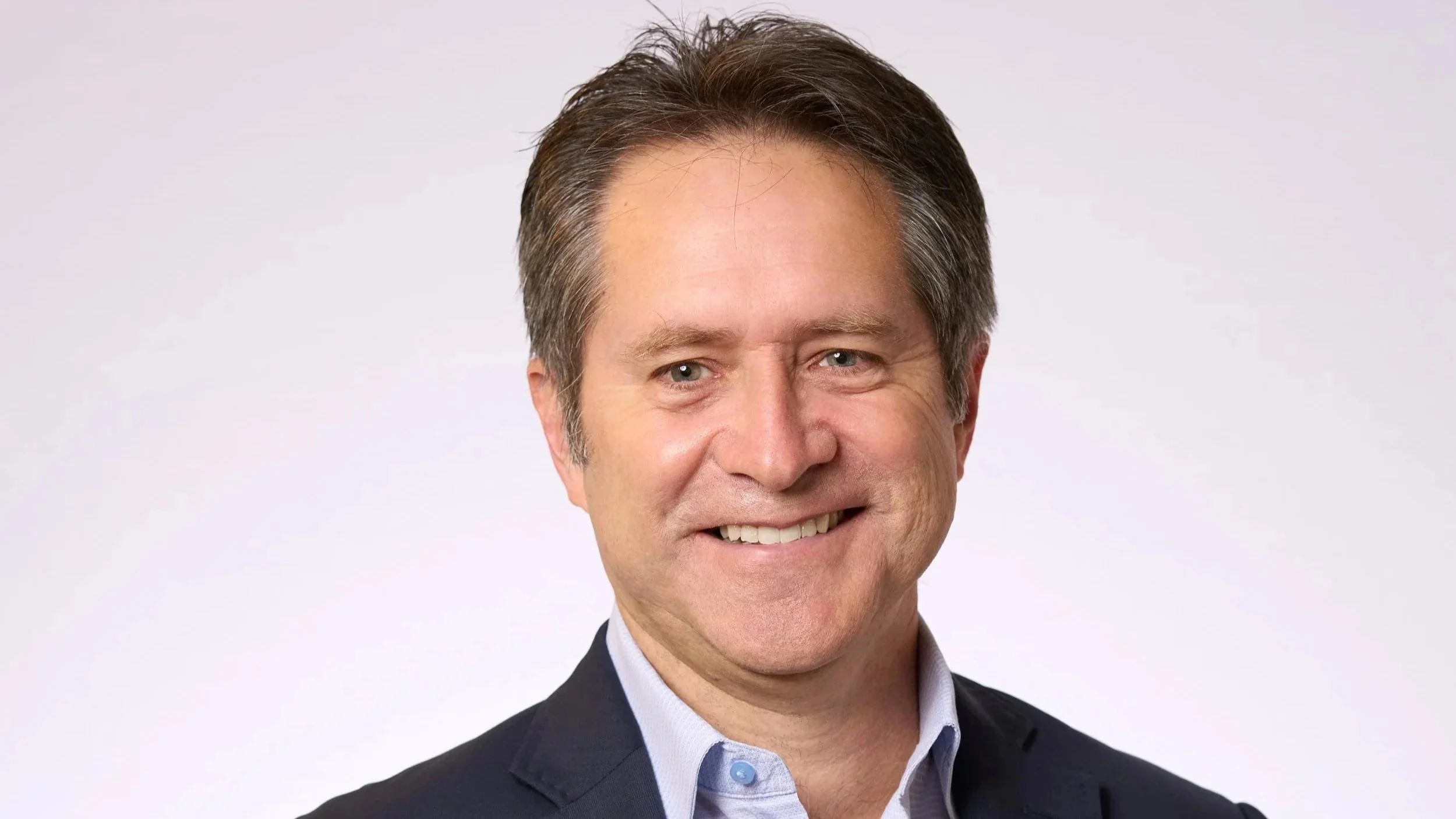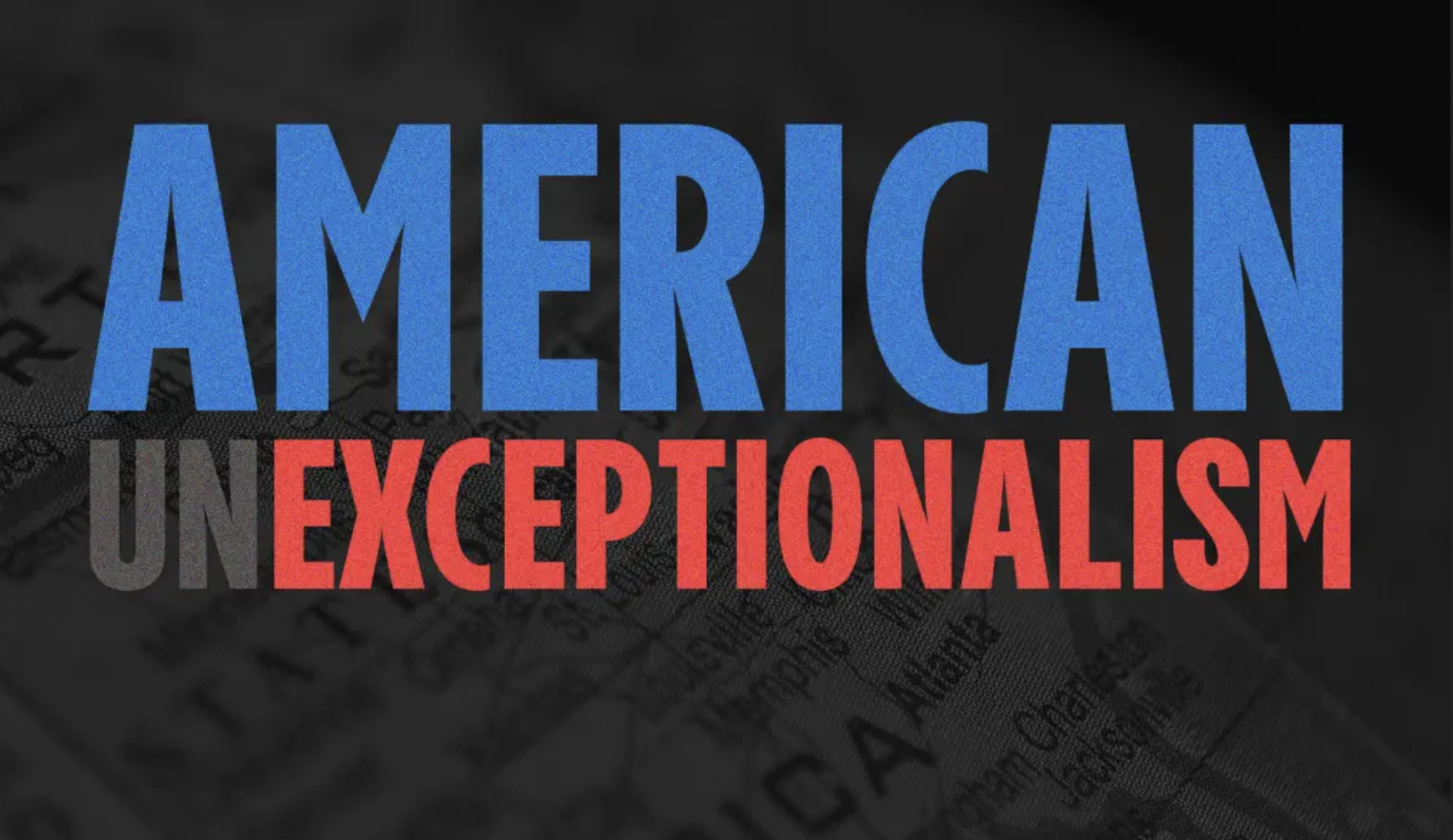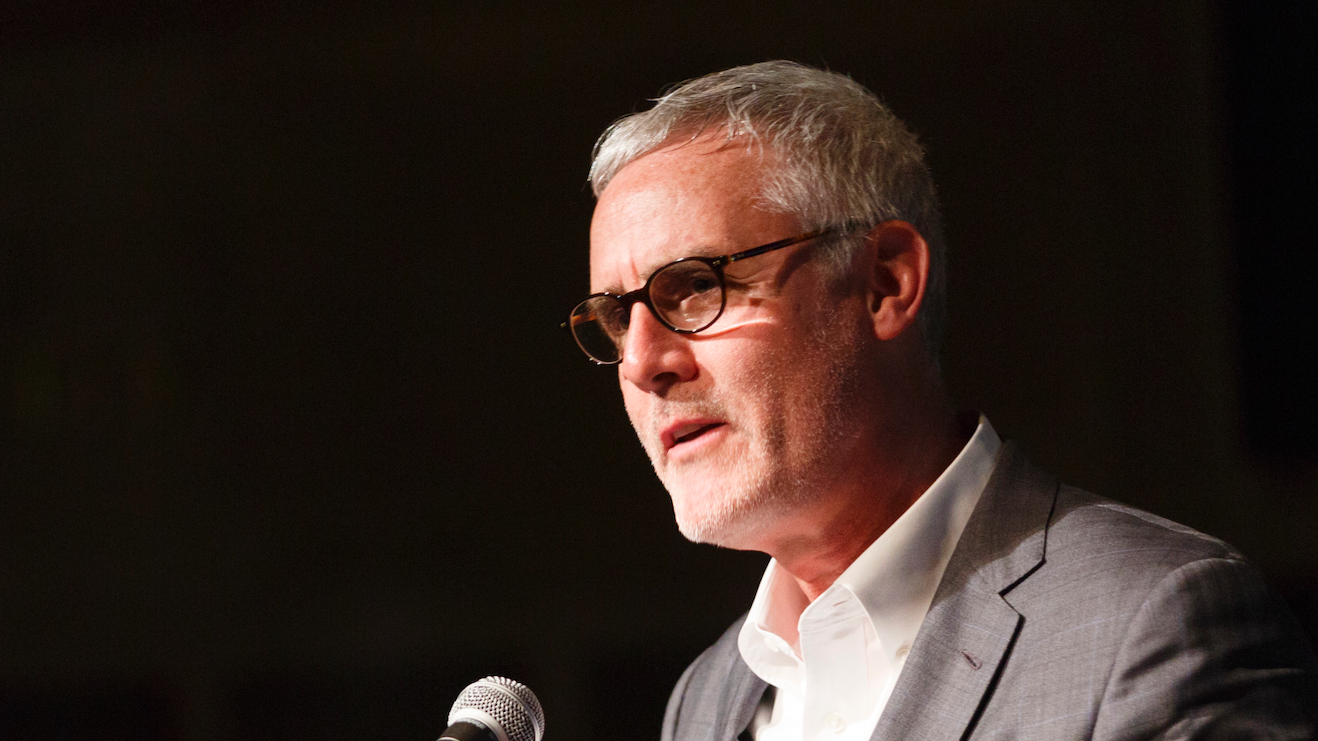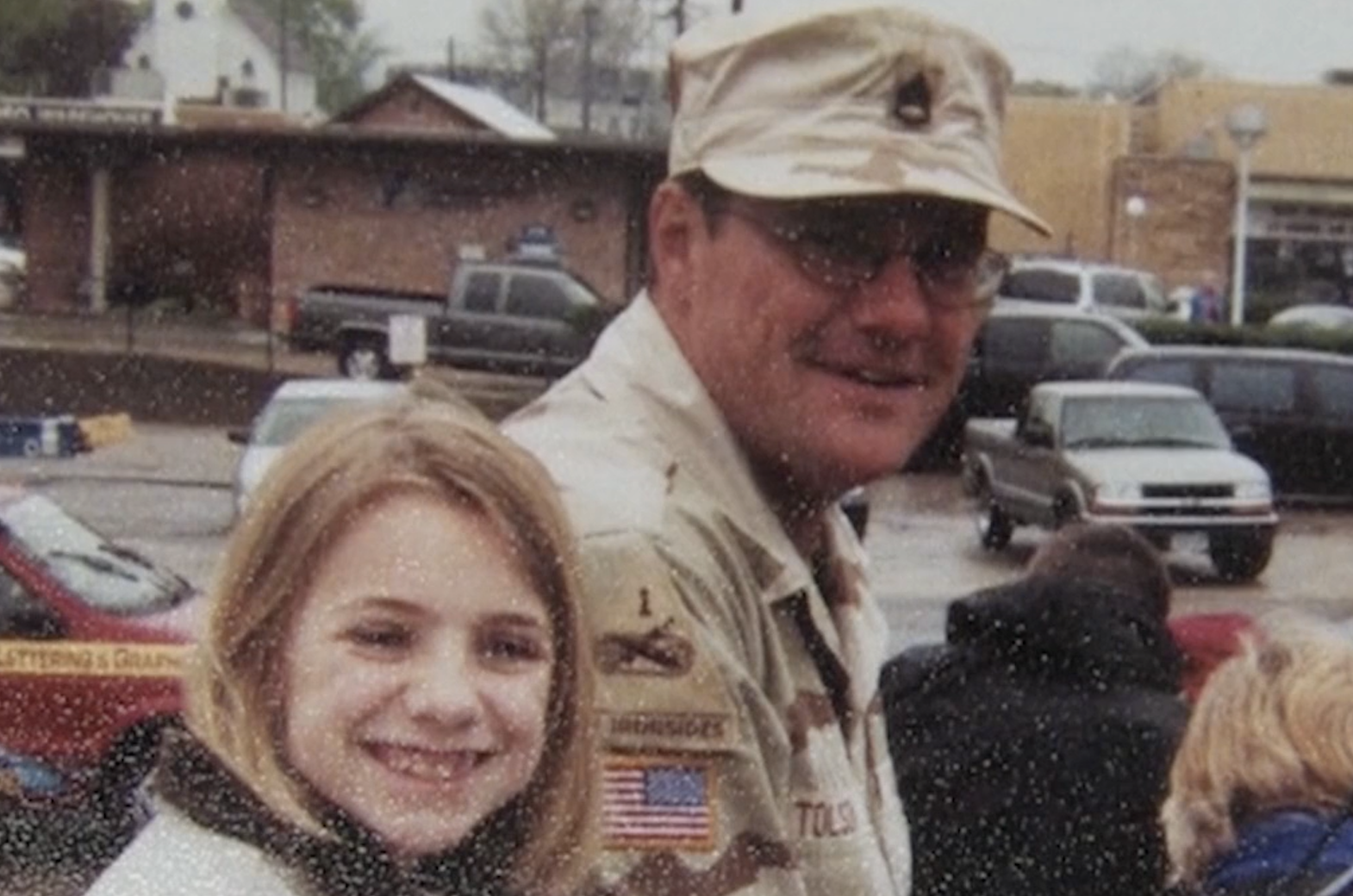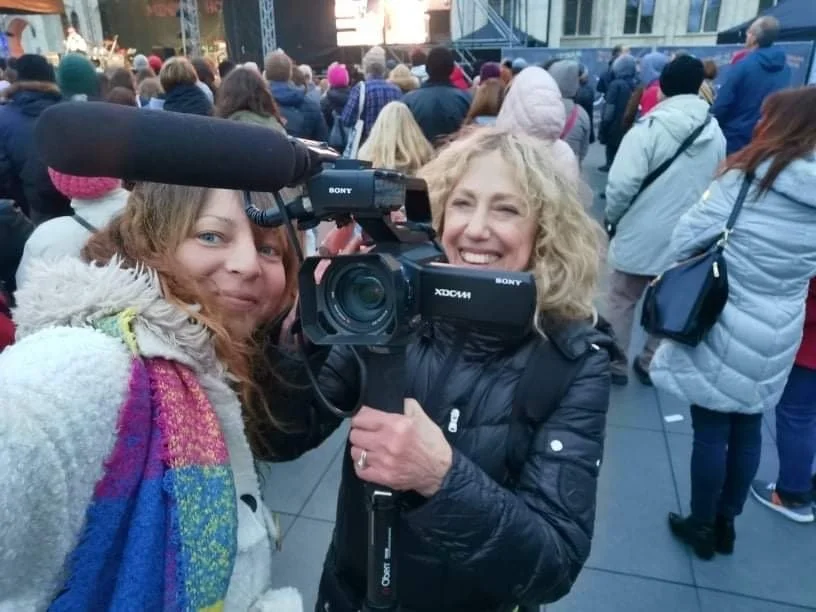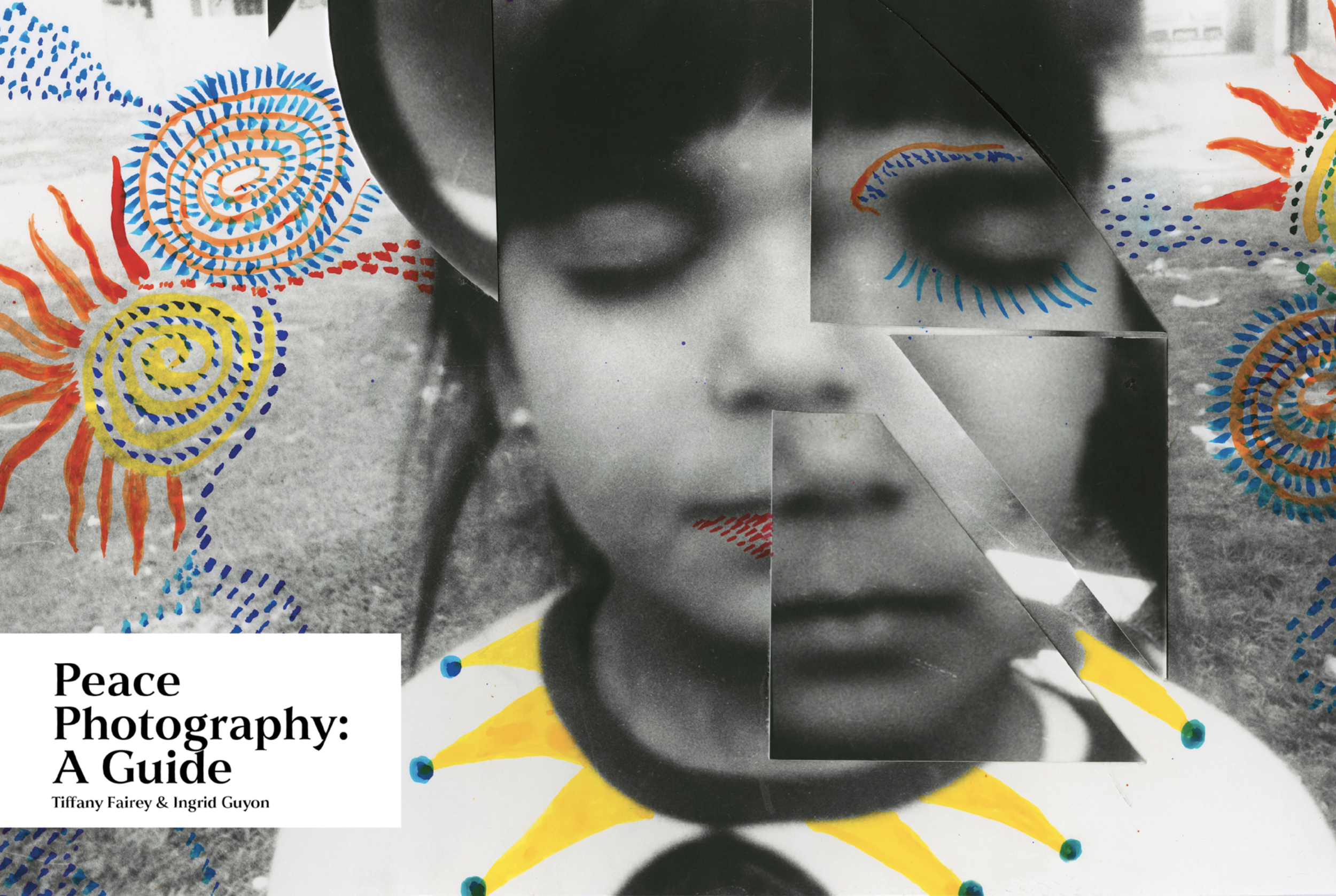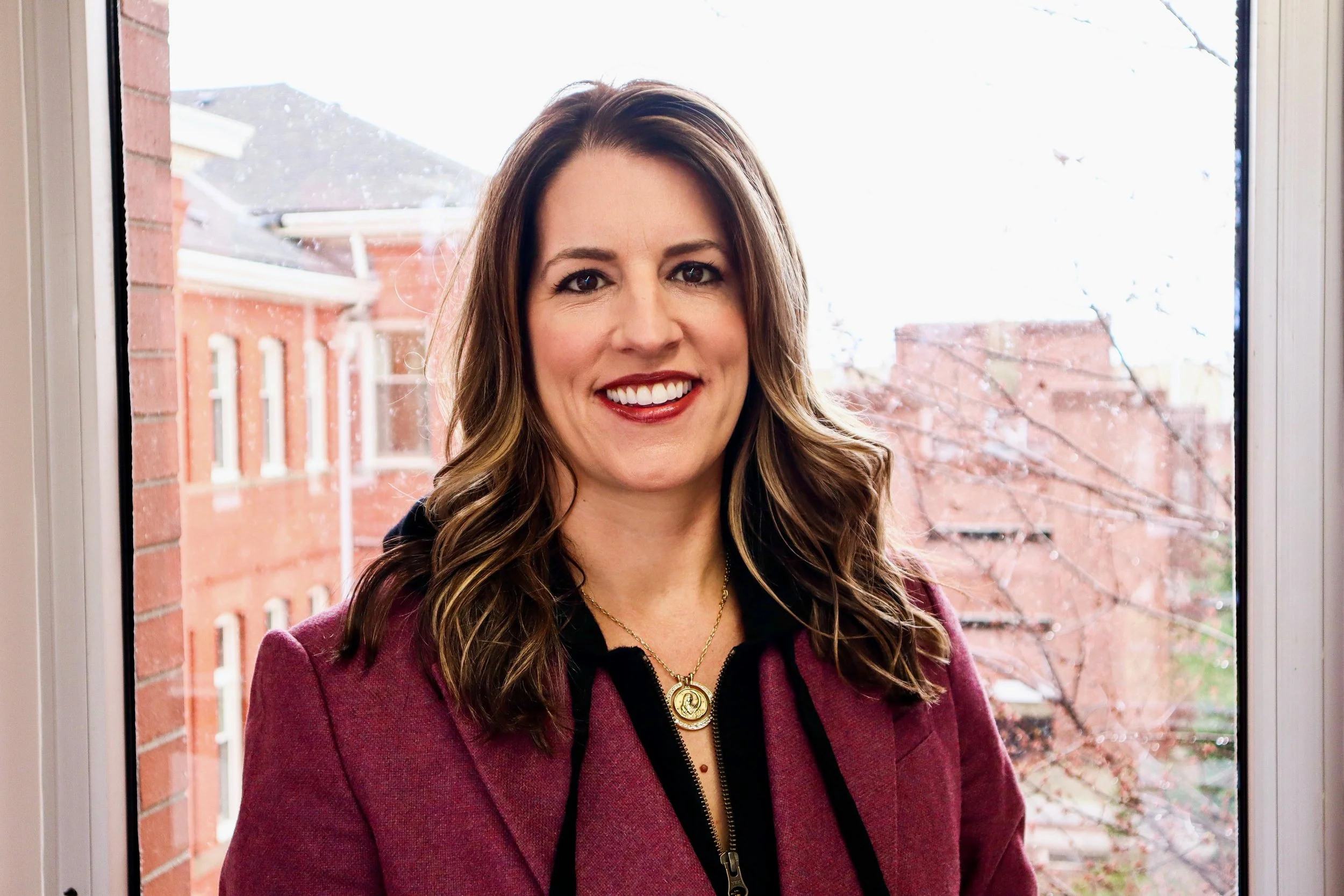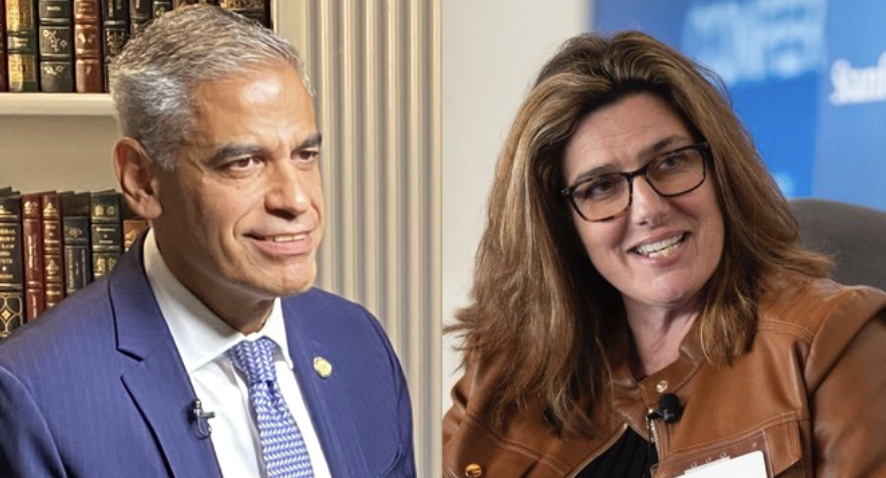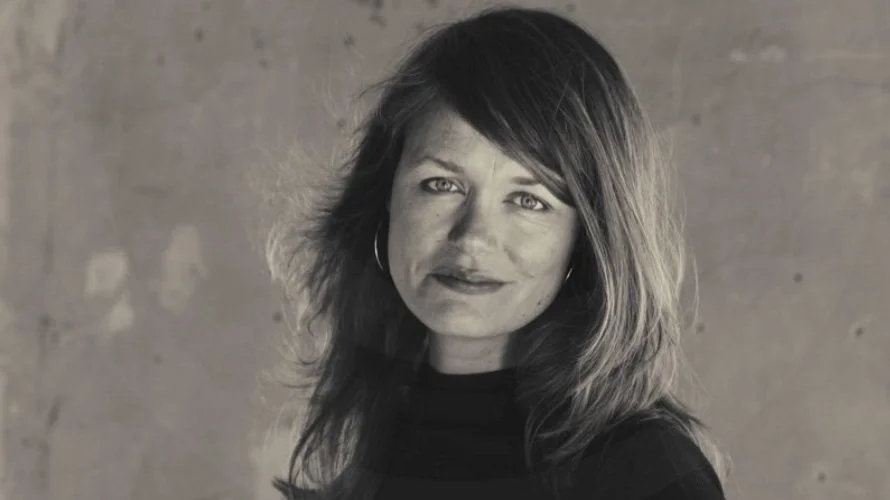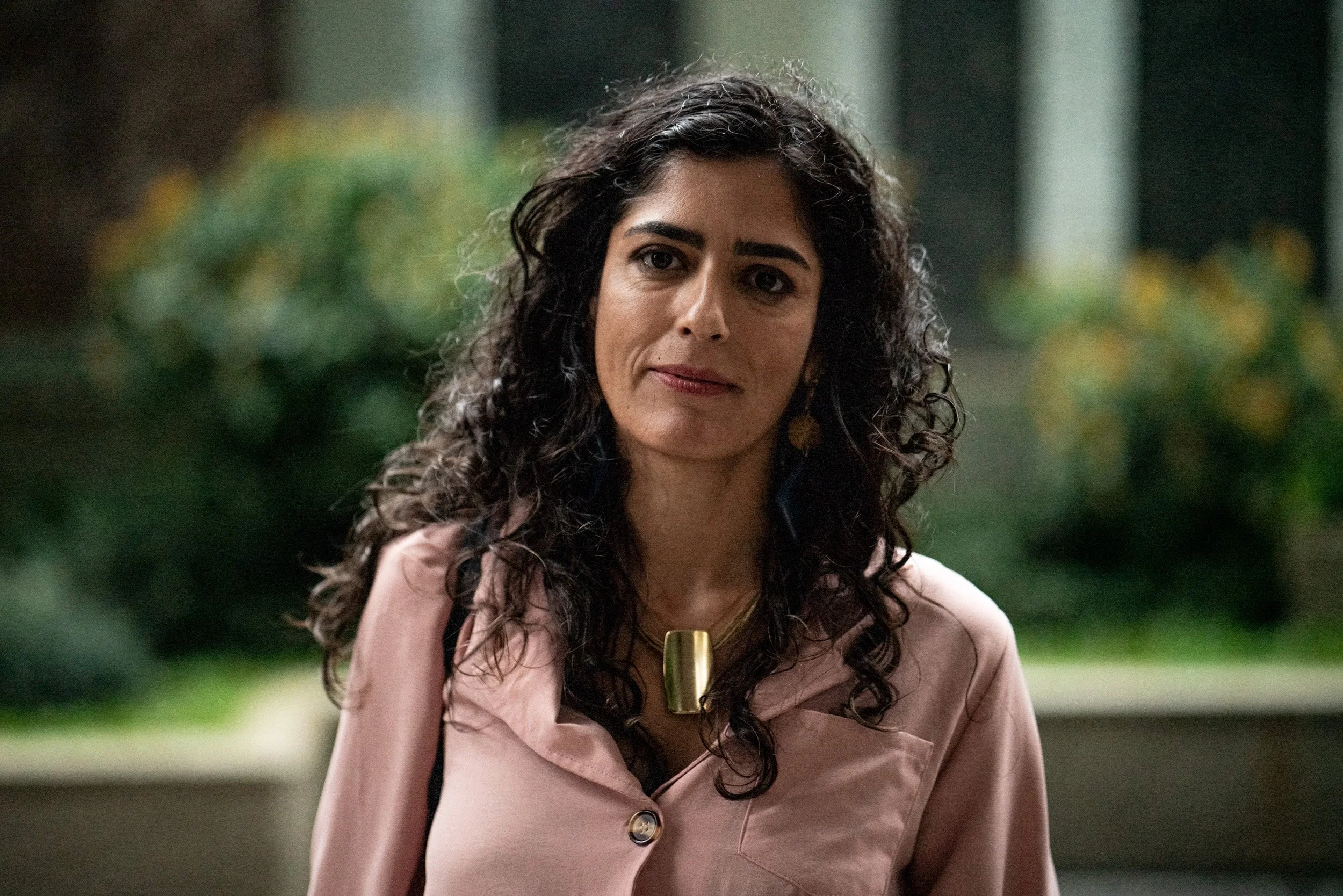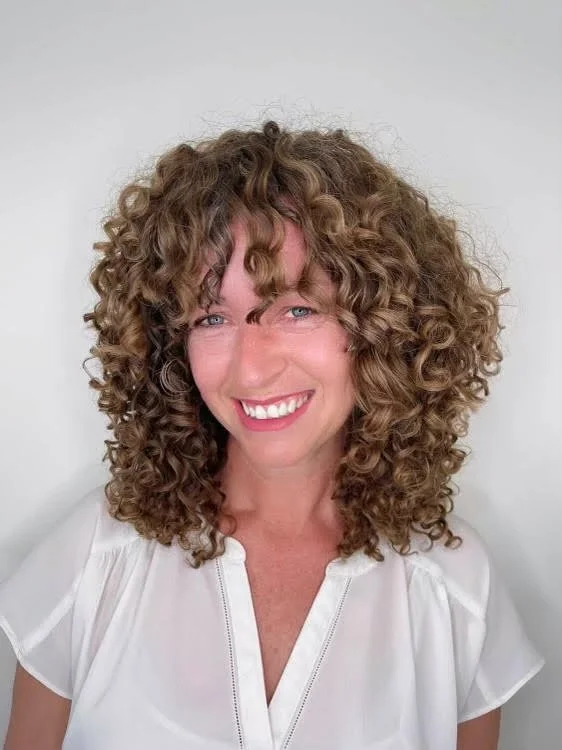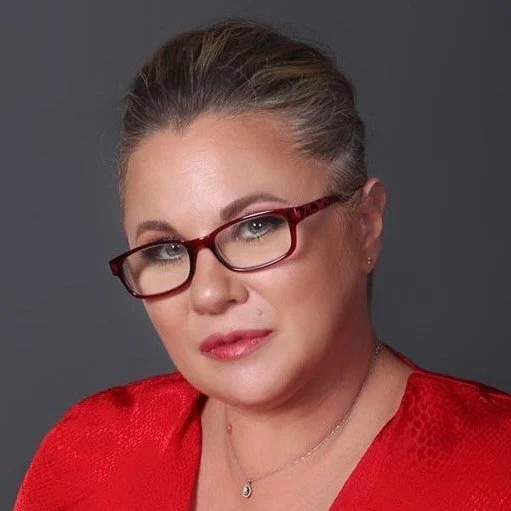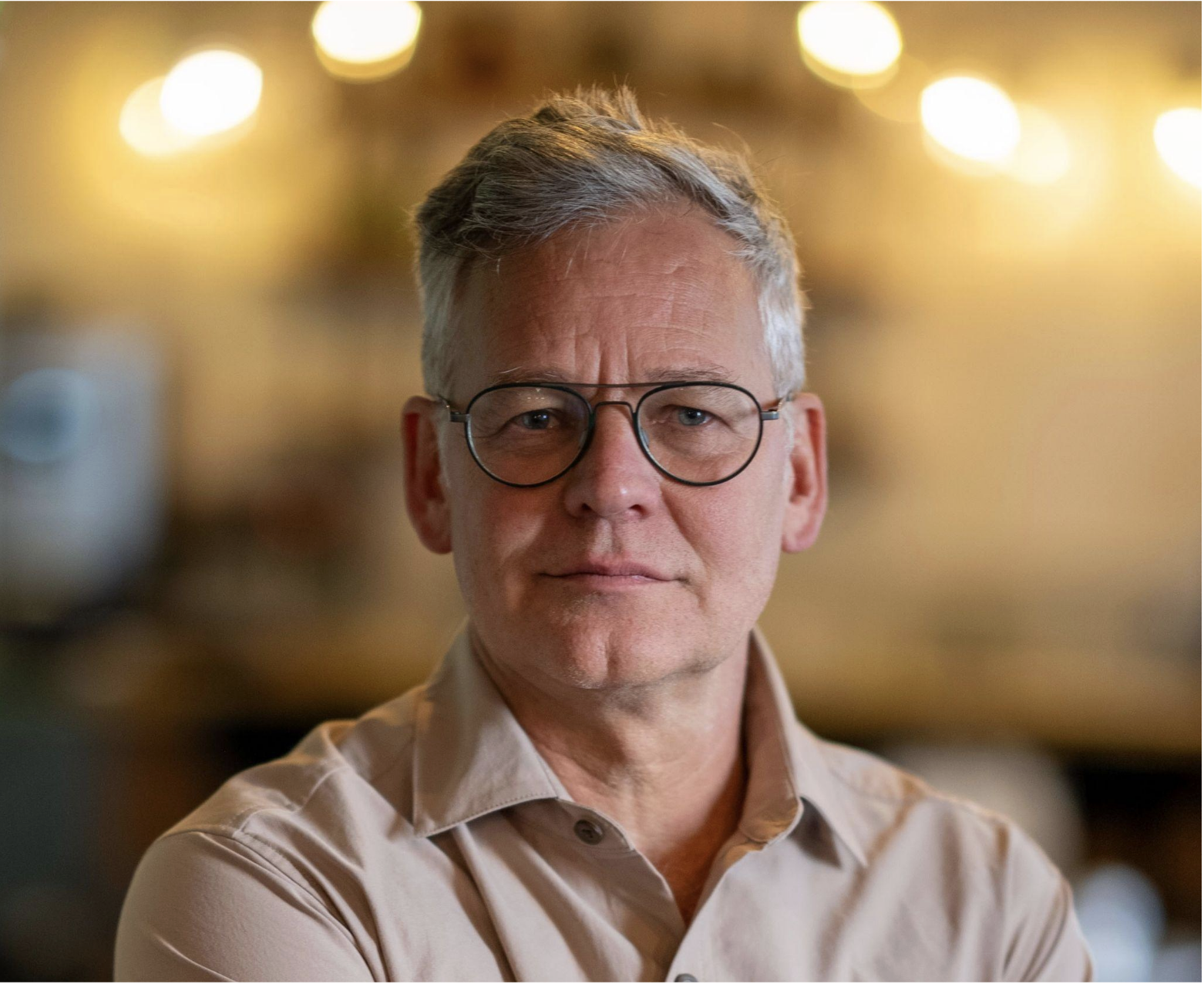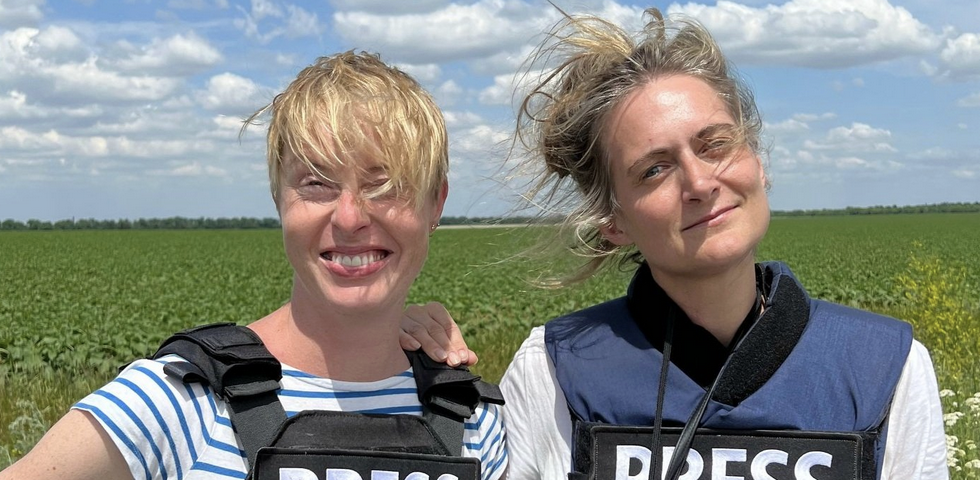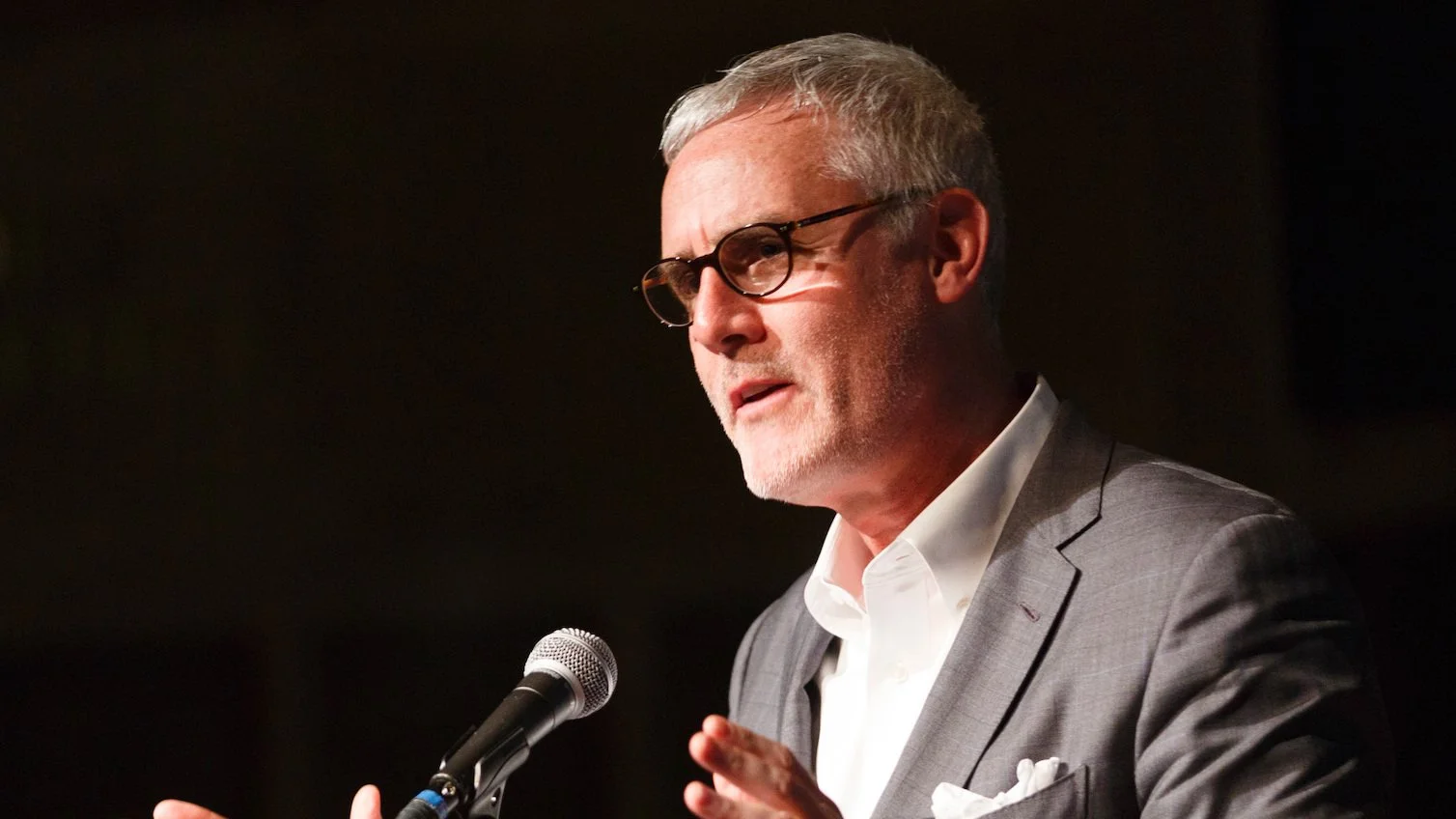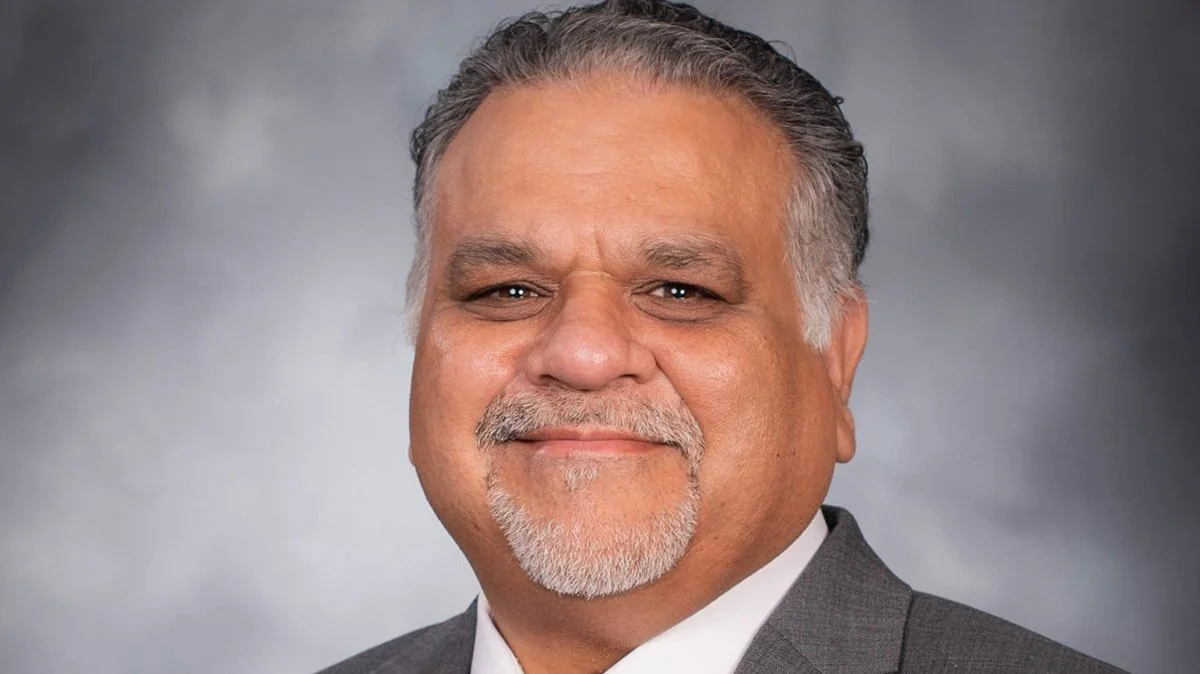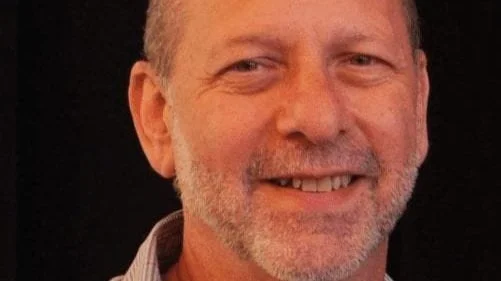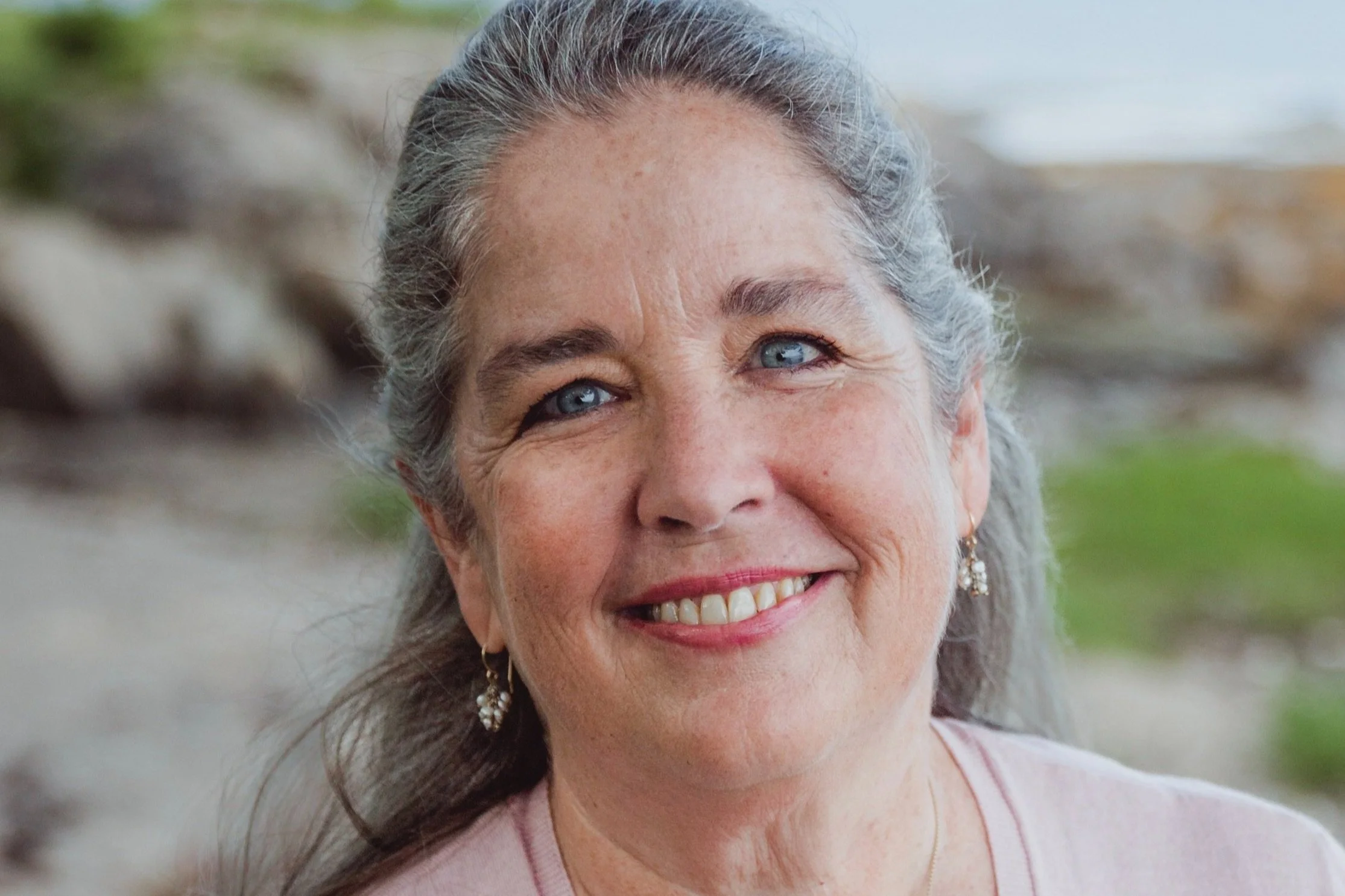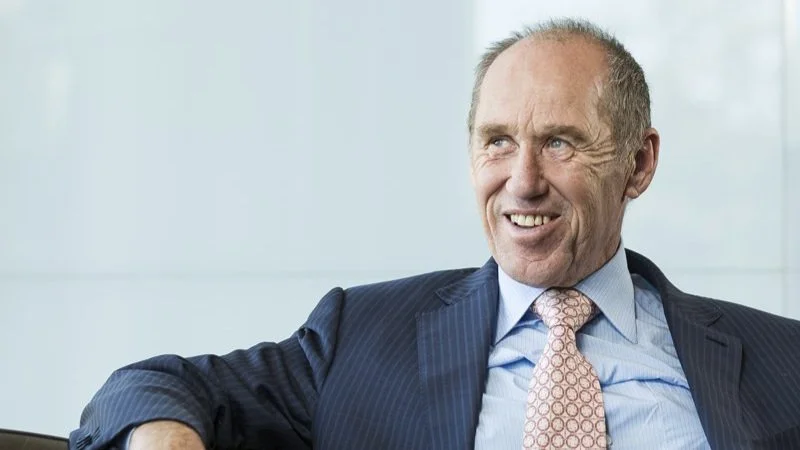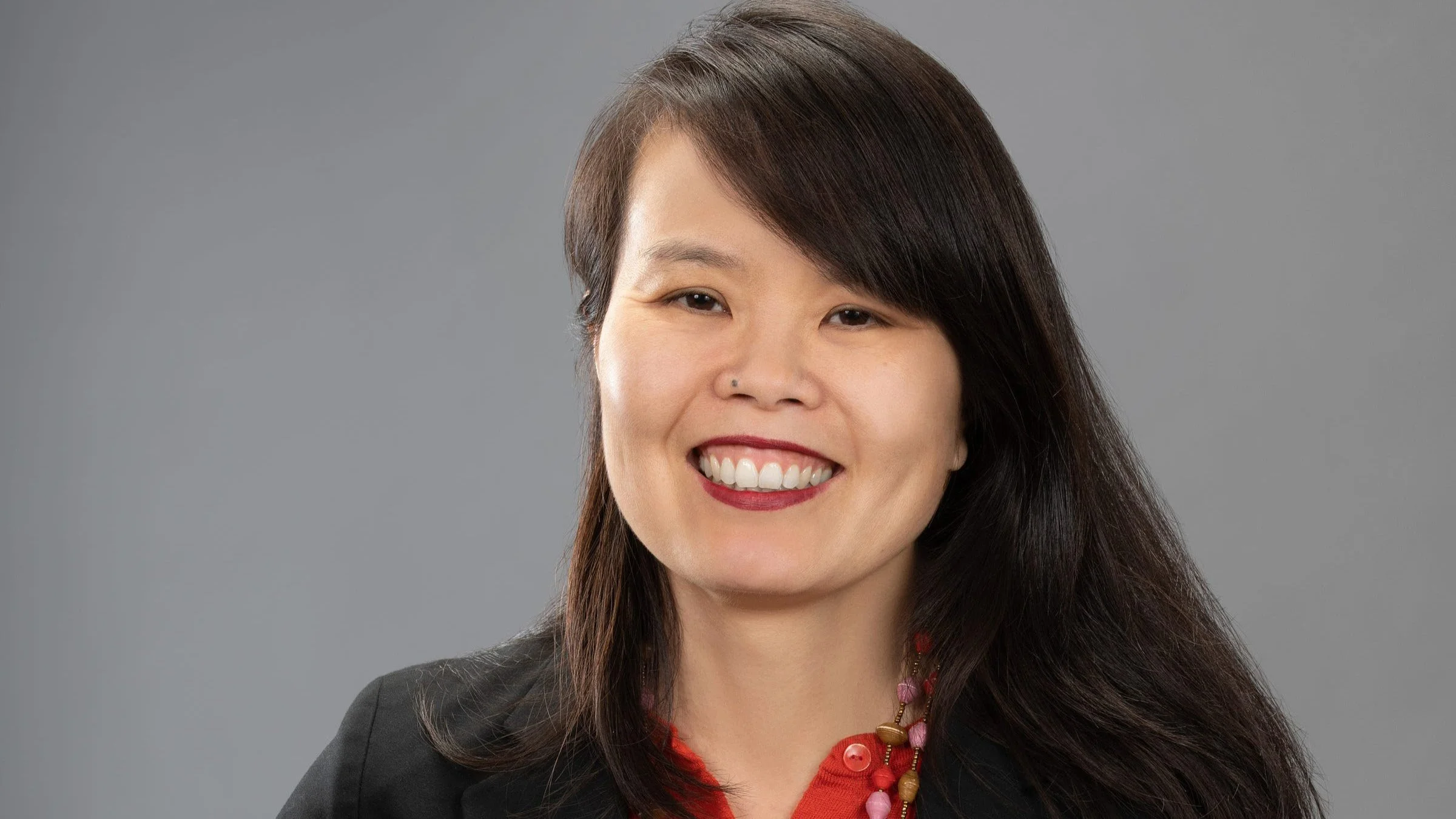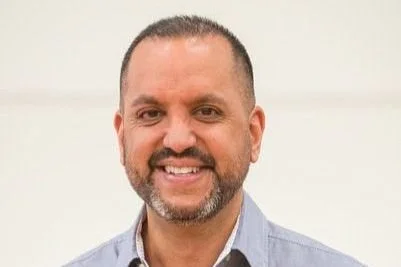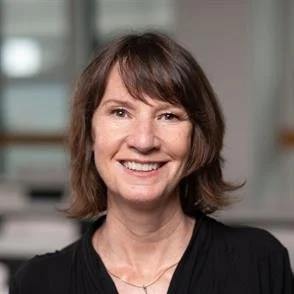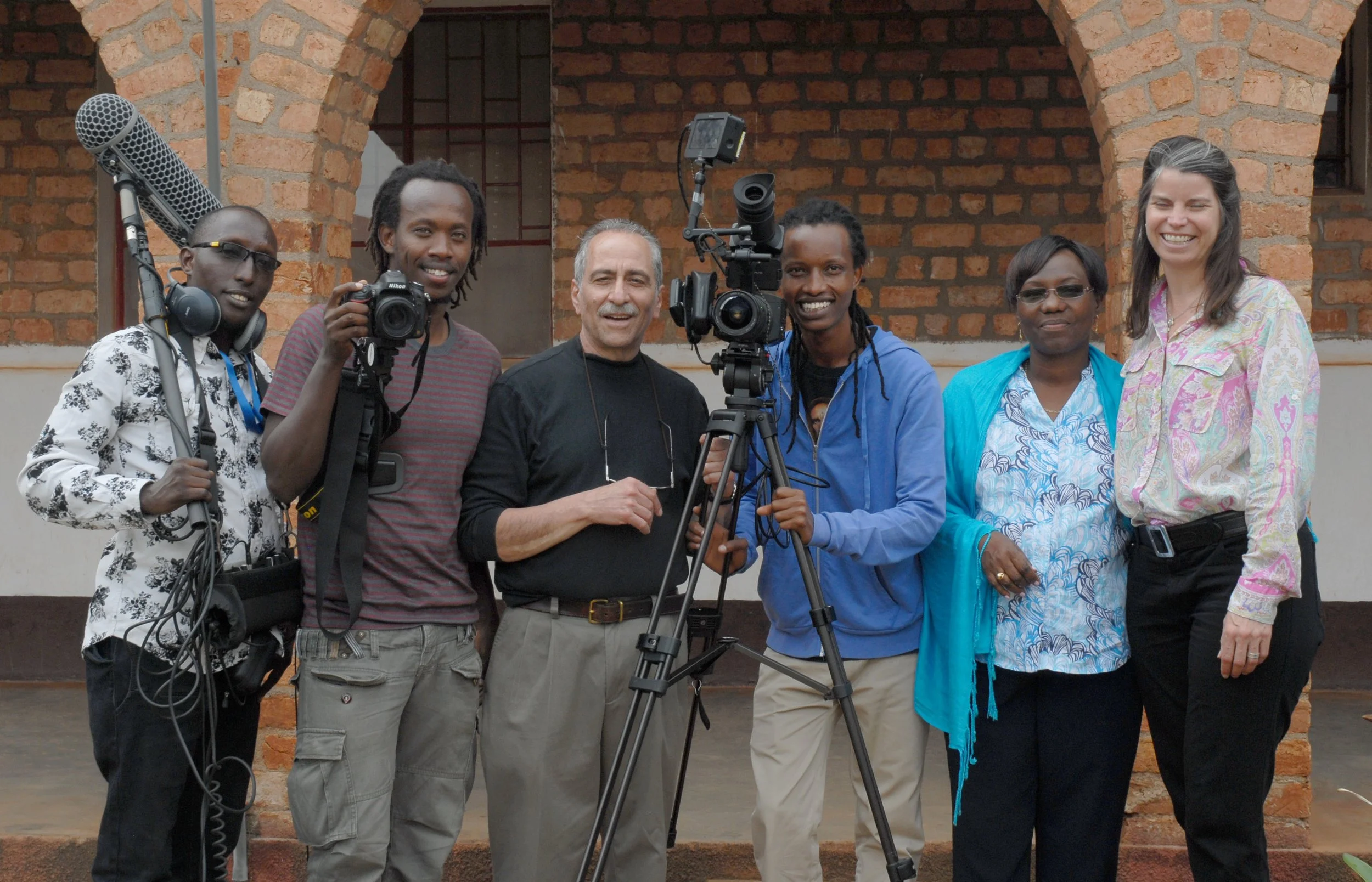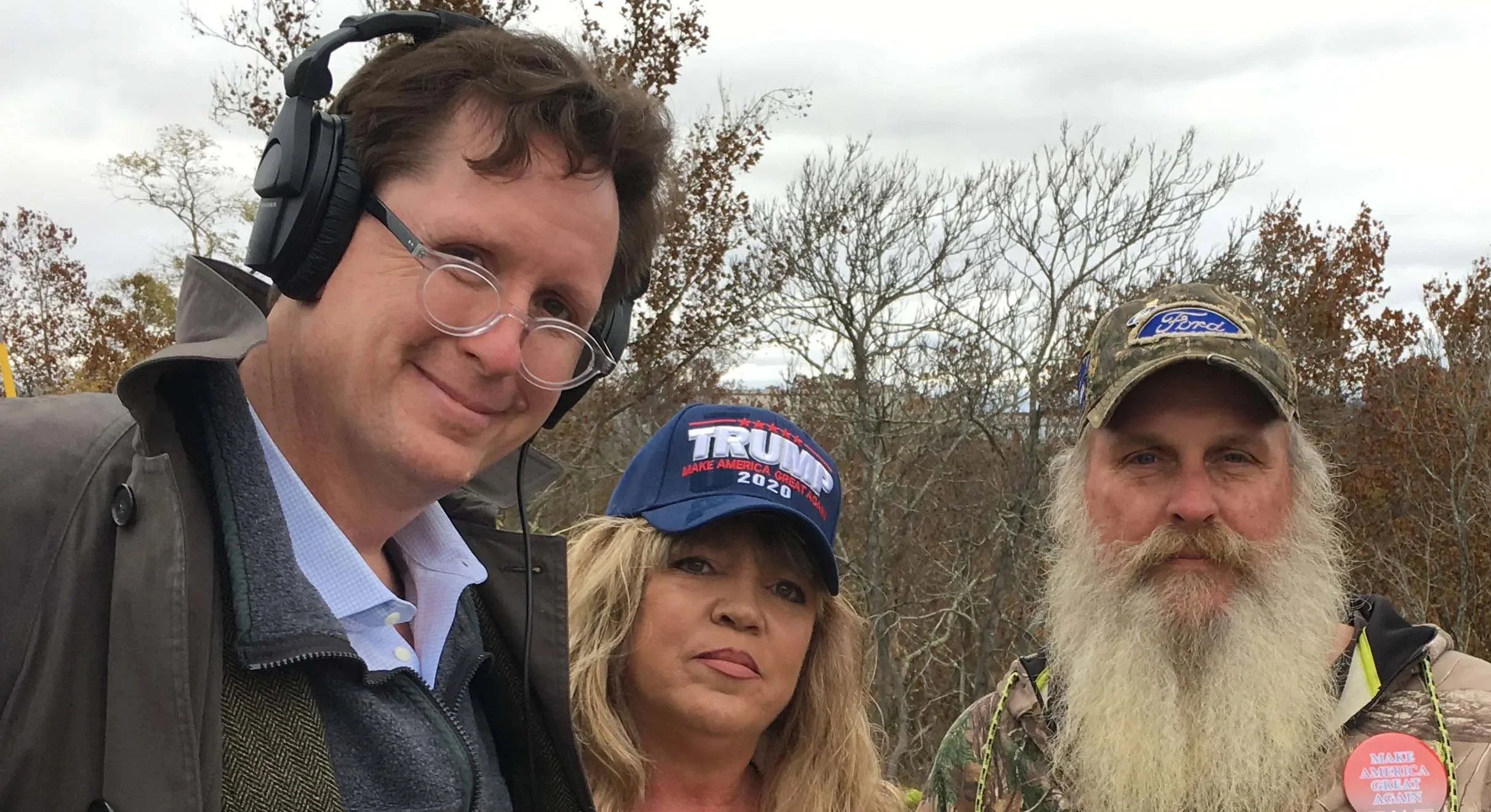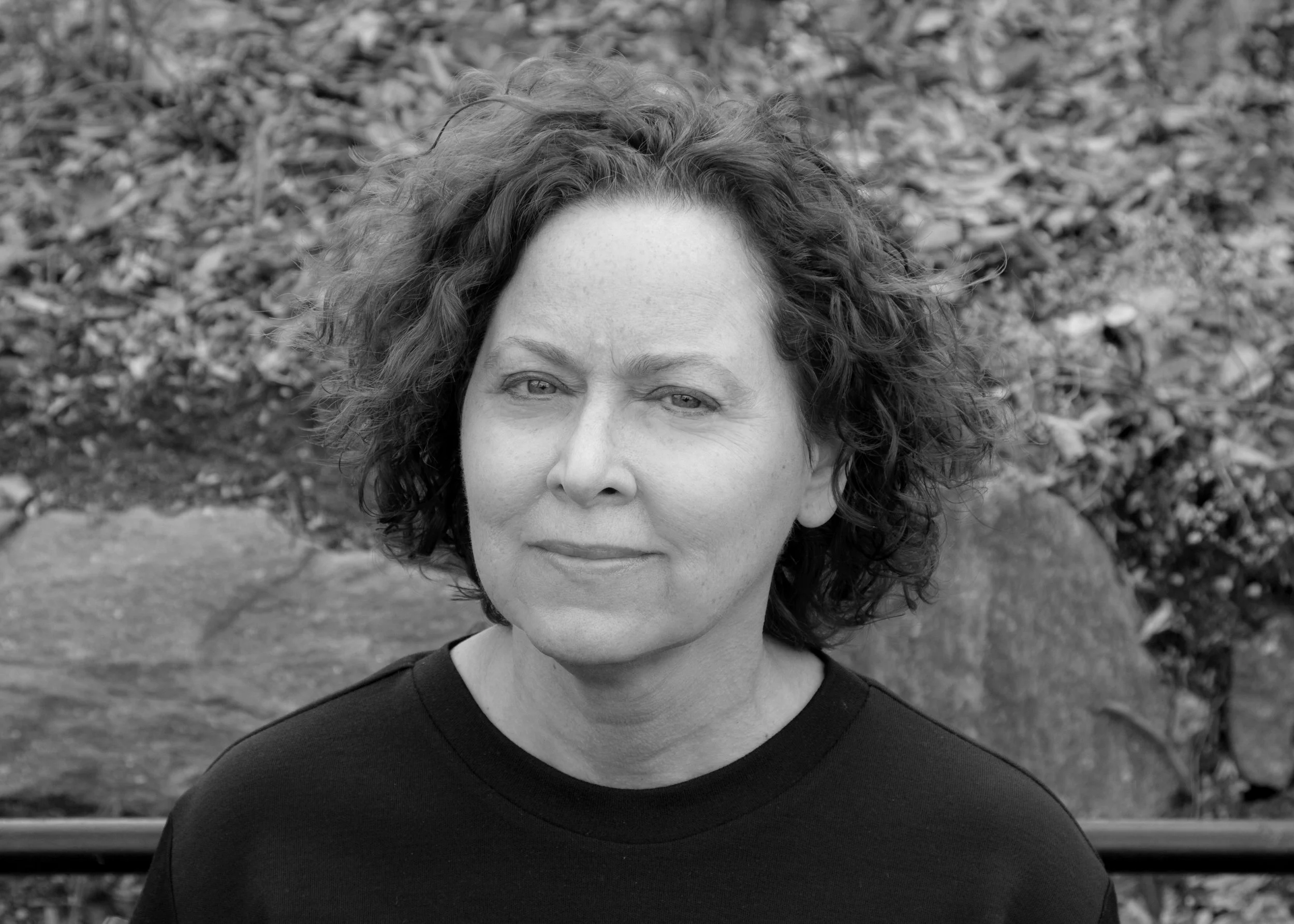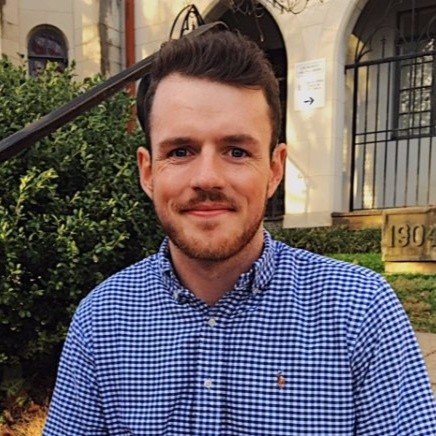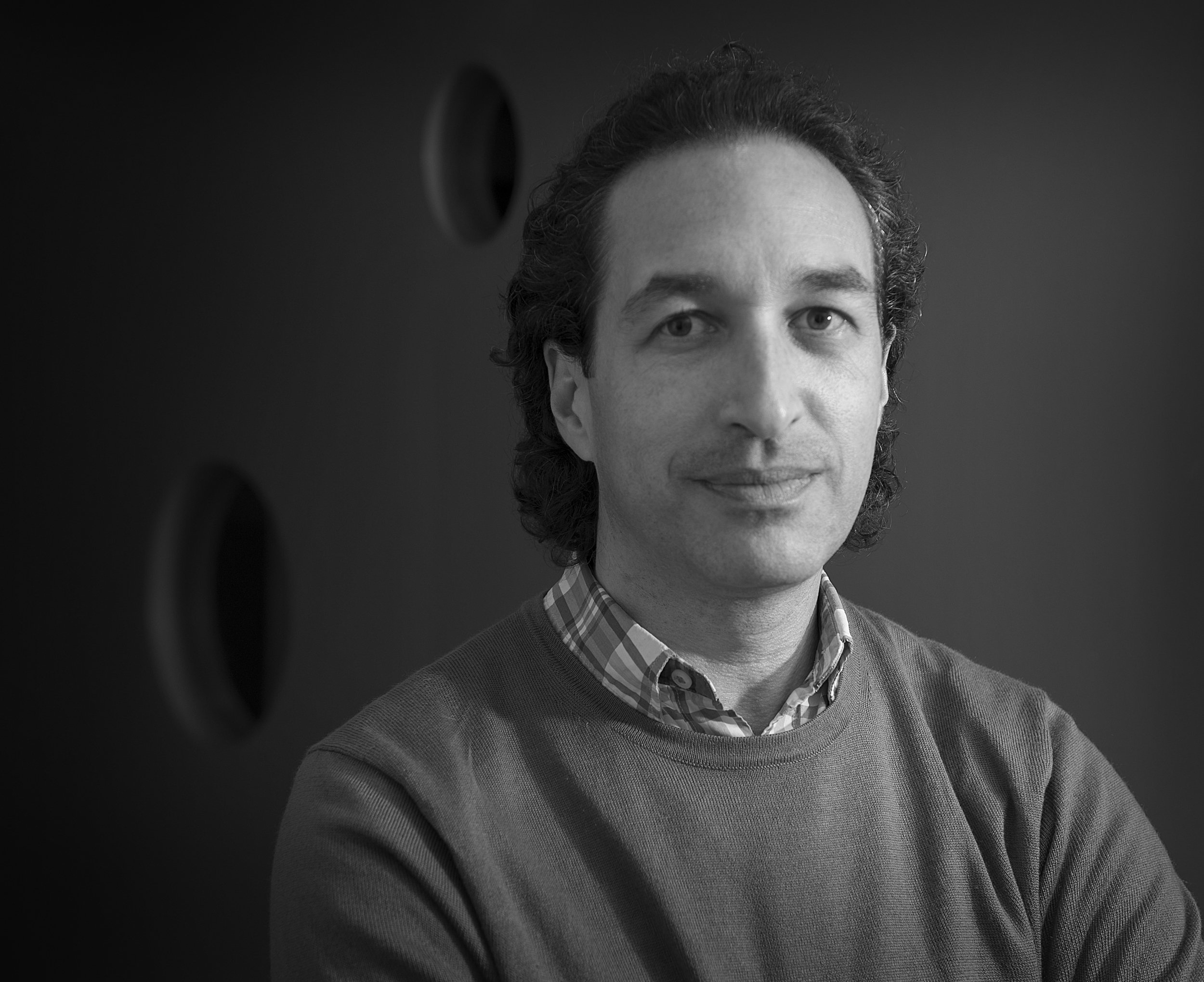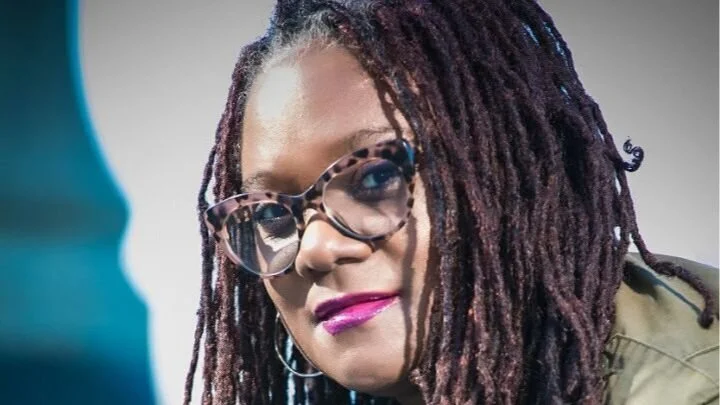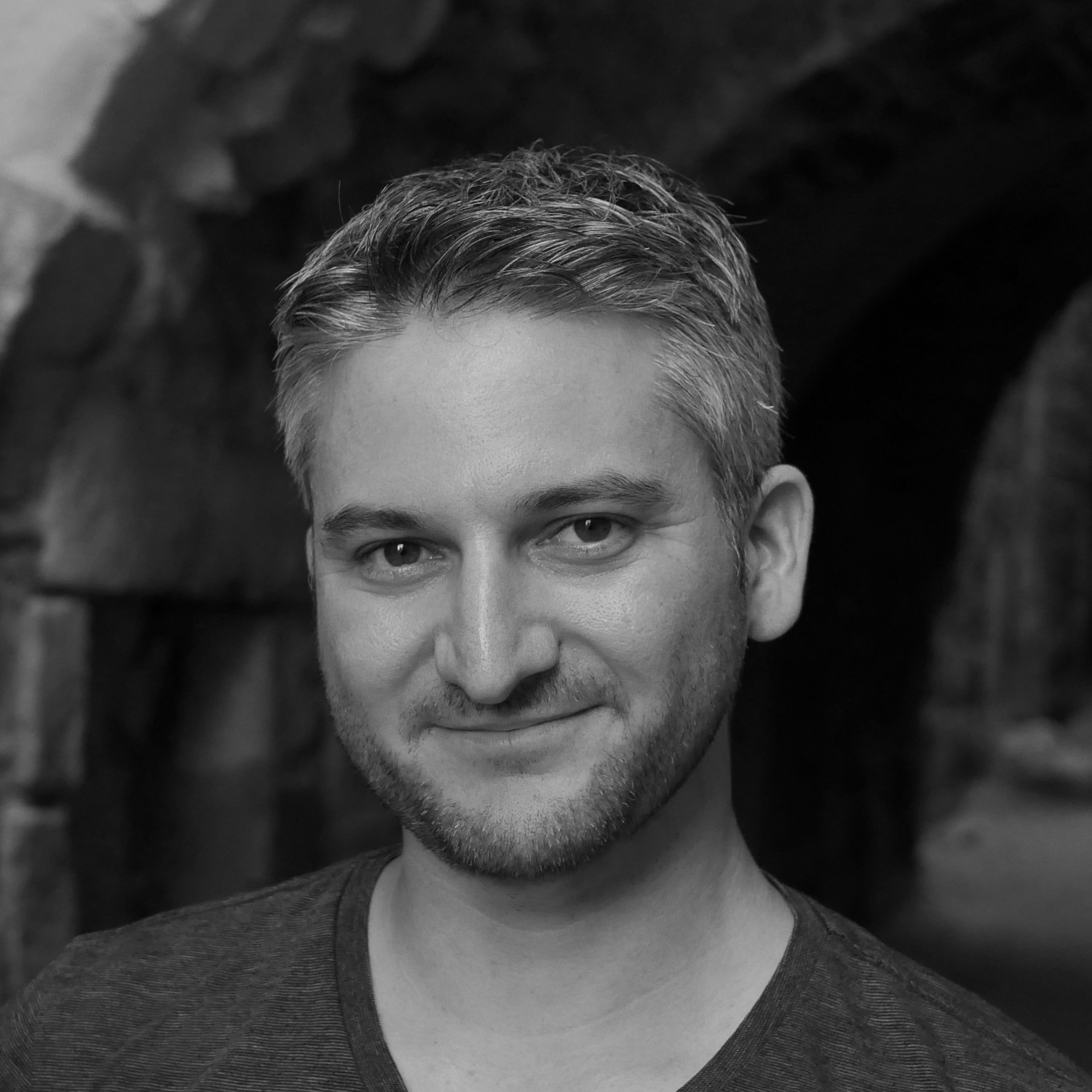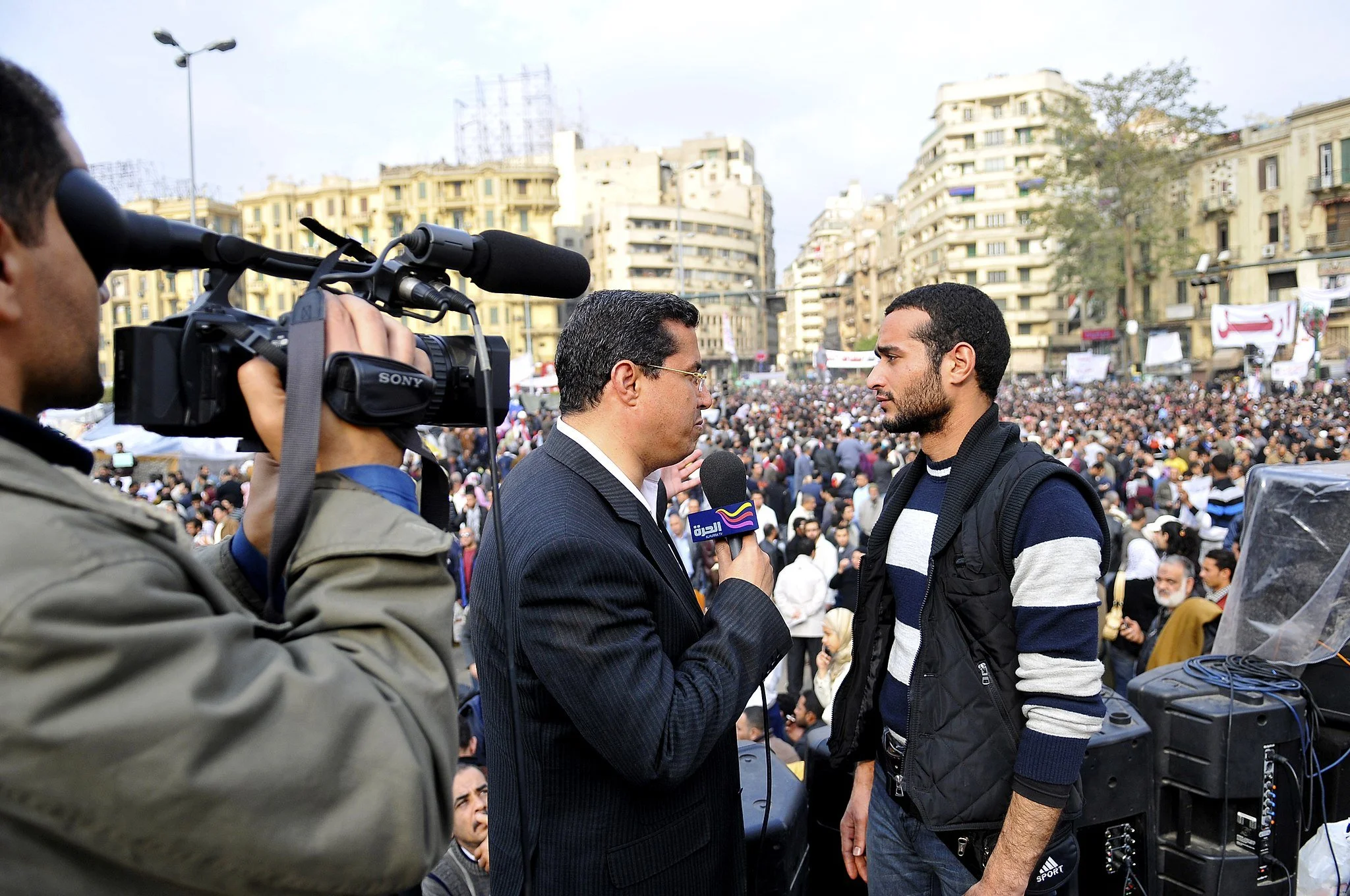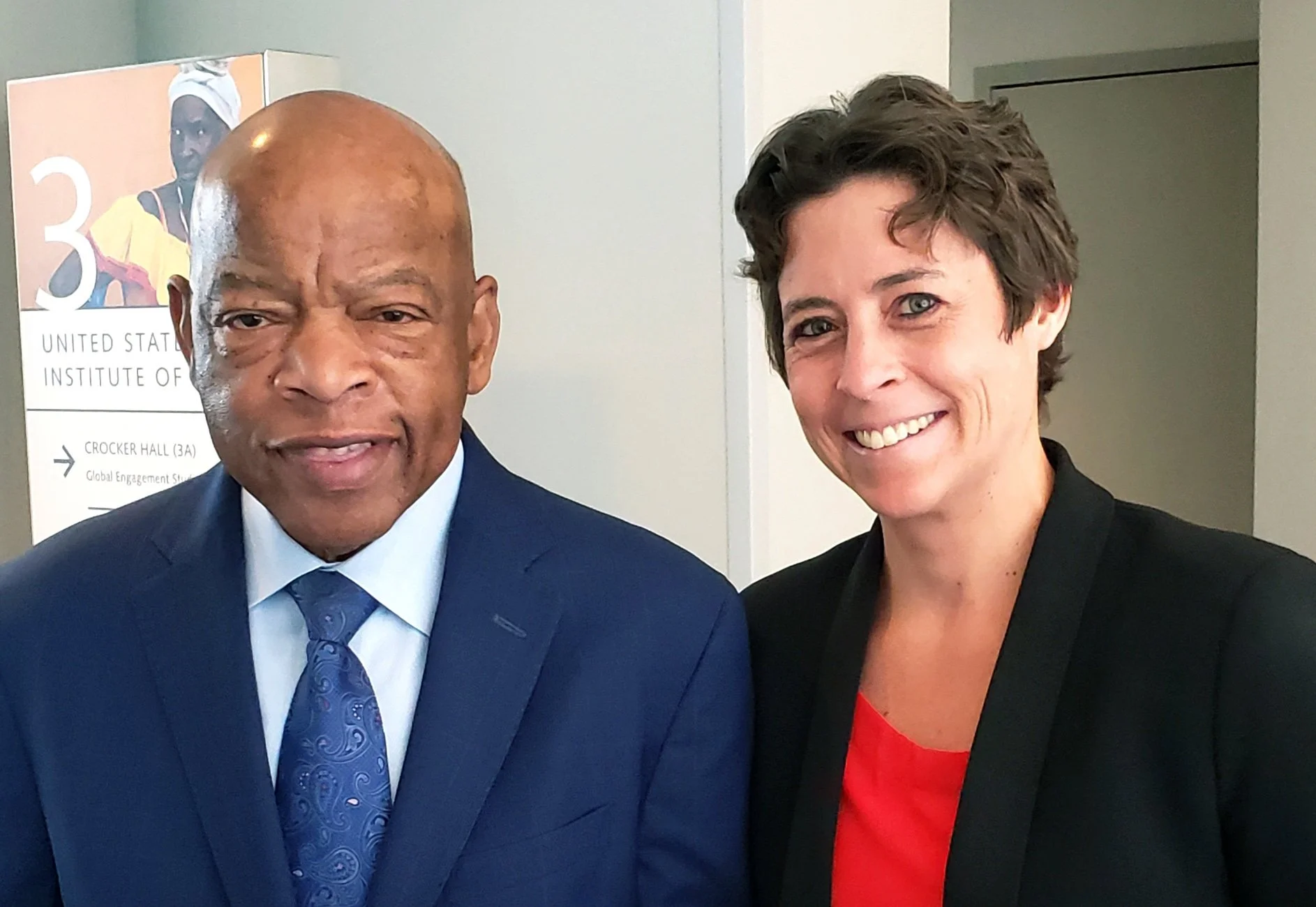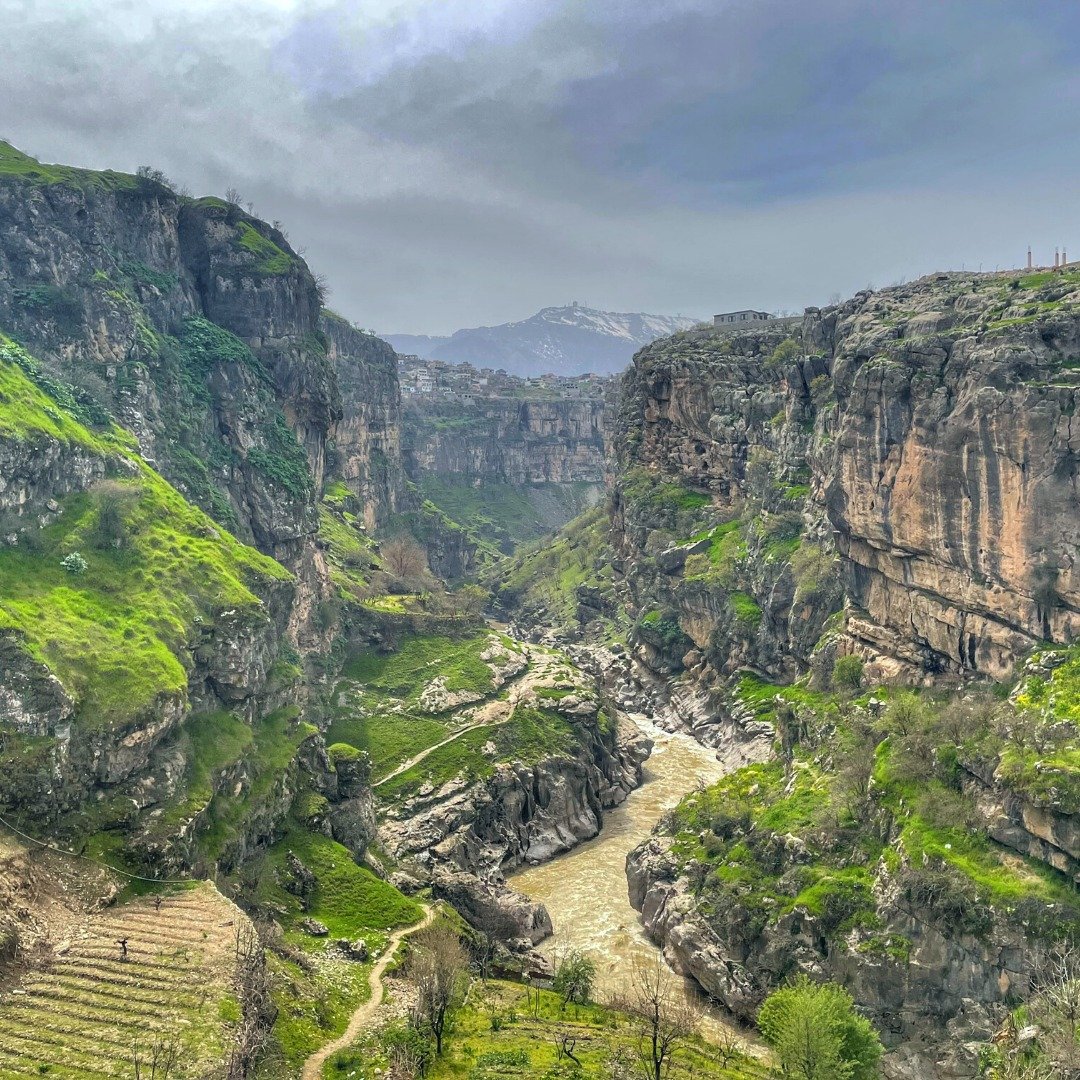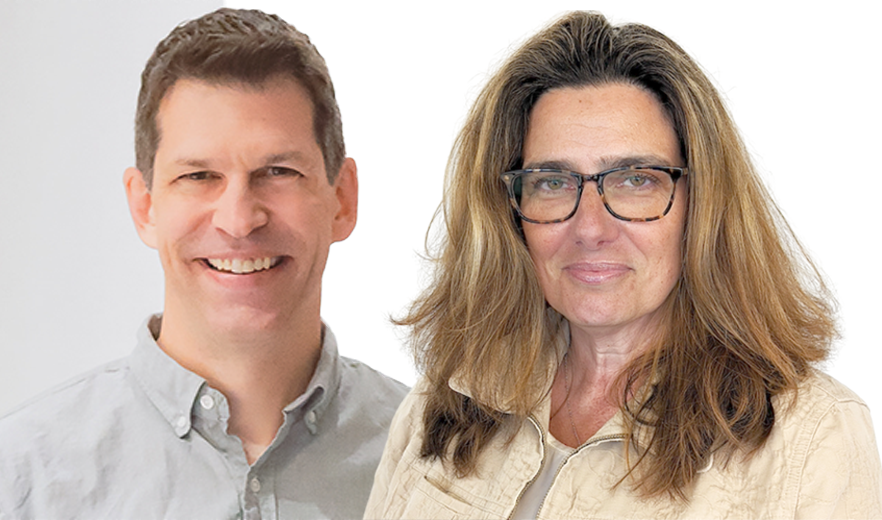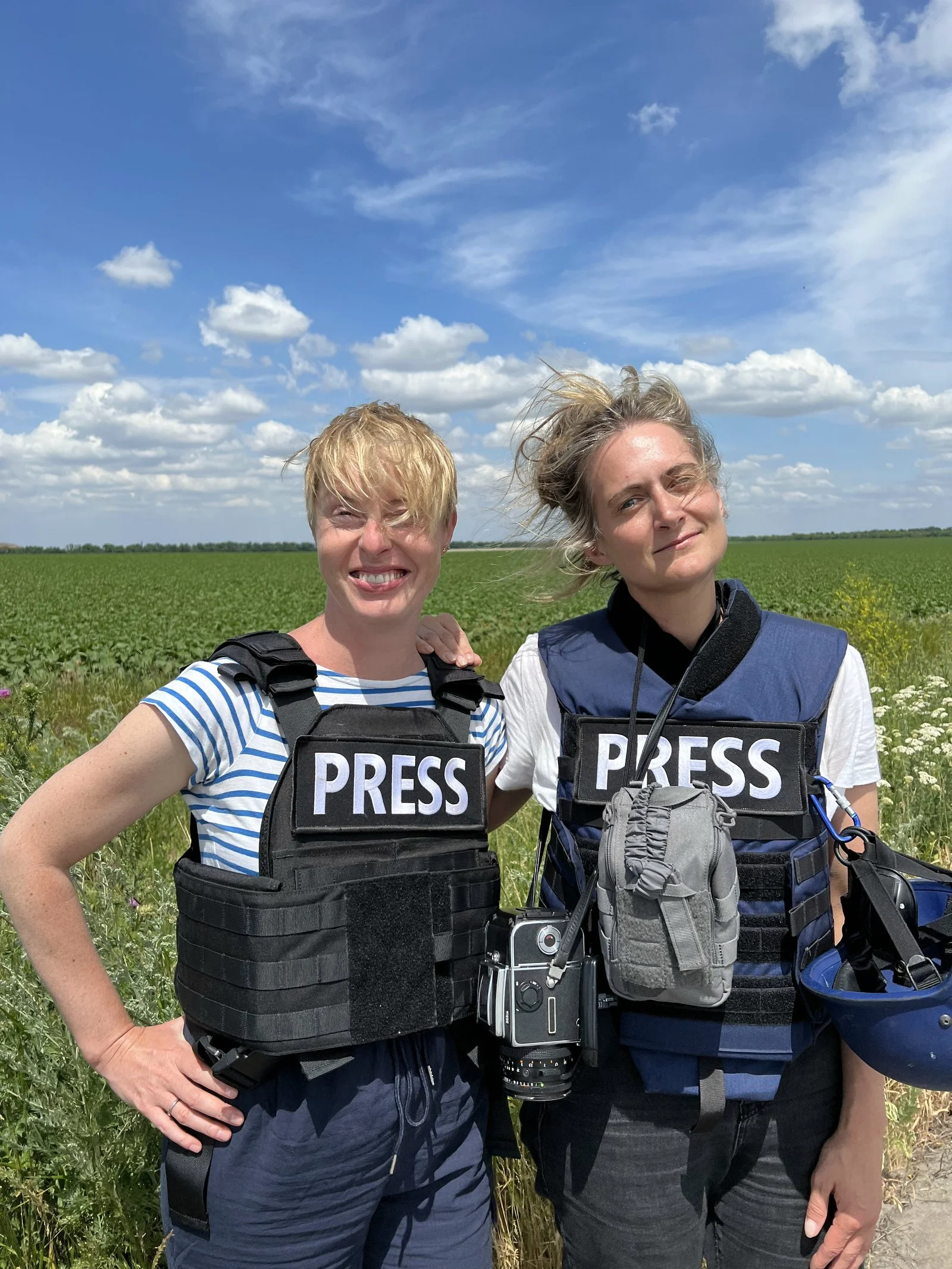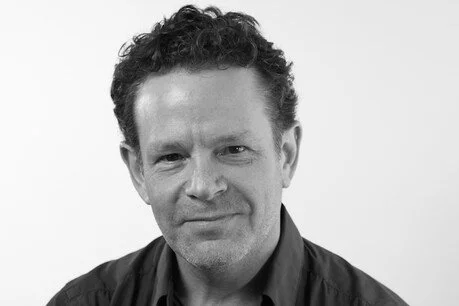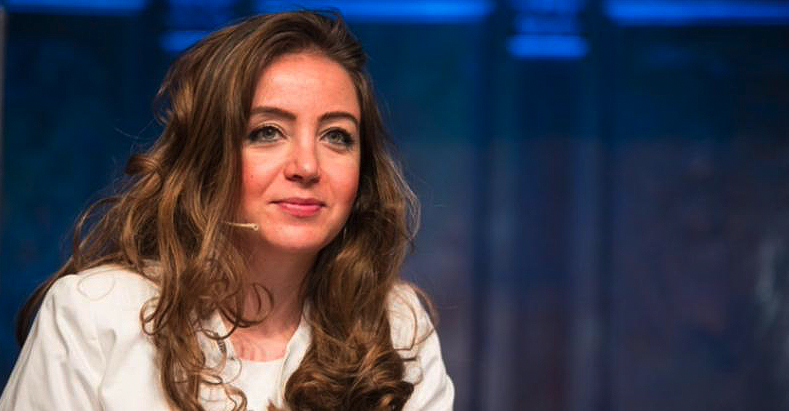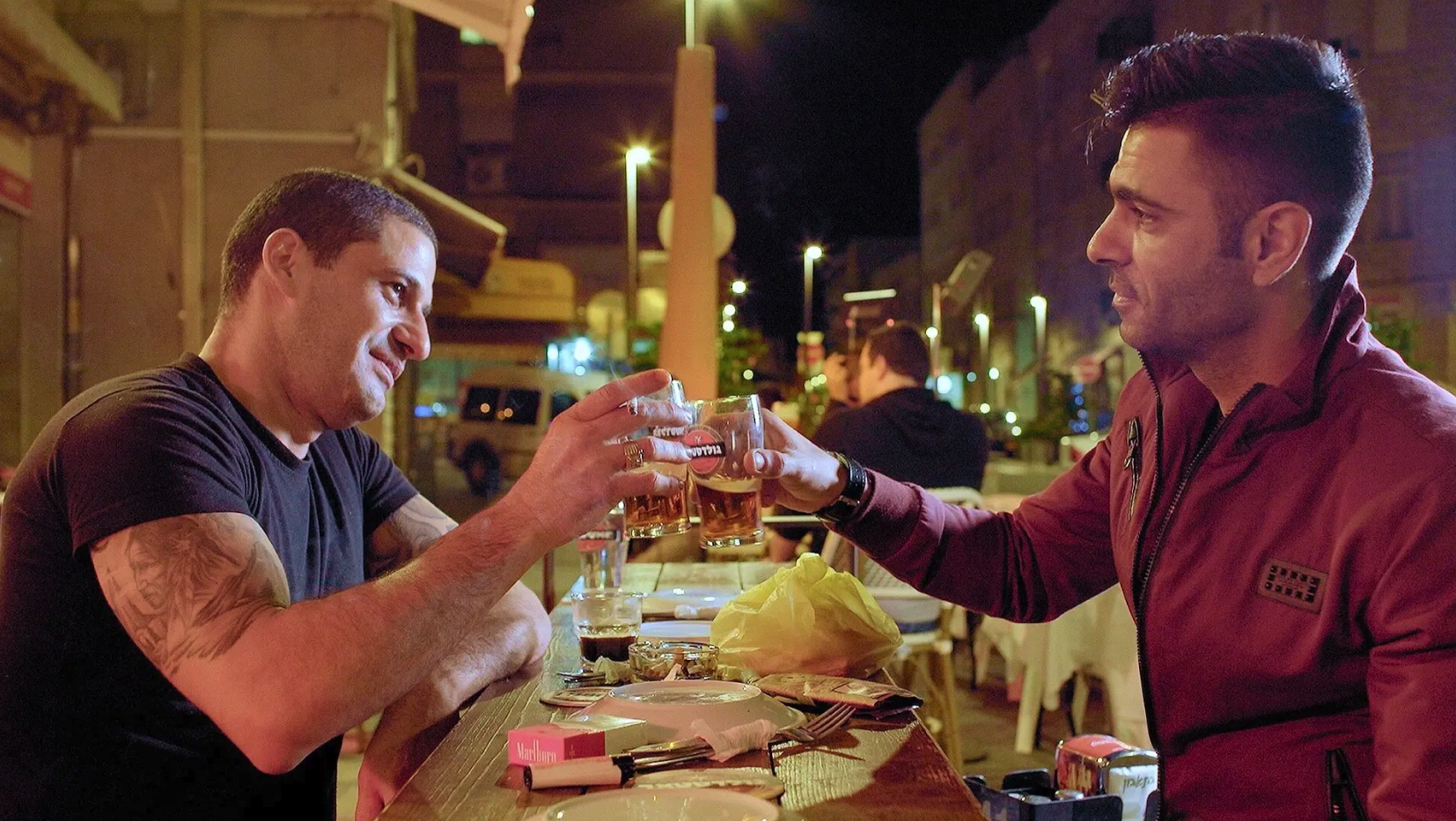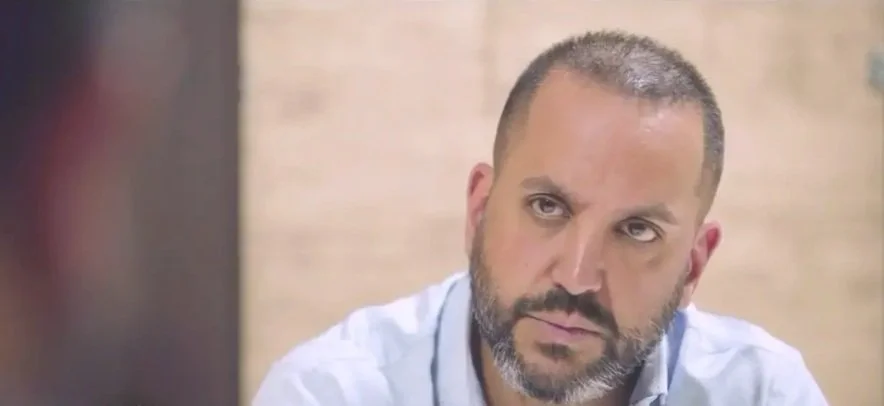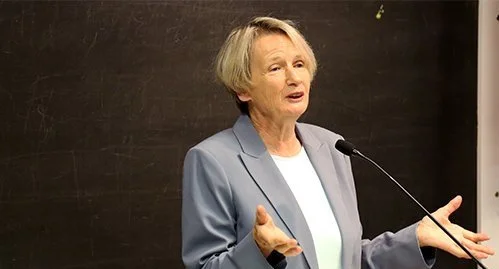Conversations with journalists, peacebuilders, filmmakers, and scholars on the frontlines of both peace and conflict. Hosted by Jamil Simon.
SUBSCRIBE:
#9 in the Top 100 Peace Podcasts
Our Podcast
In the news media, war gets more headlines than peace, conflict more airtime than reconciliation. On The Making Peace Visible Podcast, we speak with journalists and peacebuilders who help us understand the human side of conflicts and peace efforts around the world. From international negotiations in Colombia to gang violence disruptors in Chicago, to women advocating for their rights in the midst of the Syrian civil war, these are the storytellers who are changing the narrative.
Featured Episode:
How one Iranian content creator is fighting the information war
with Nazanin Nour
Amid a huge protest movement and a horrific government crackdown, why is it so hard to keep the world's attention on Iran?

New to the MPV podcast? Start here.

“Thank you for really listening to my work and picking up on the nuances and what’s behind them. I don’t think I’ve ever done an interview quite like this and I am really grateful for your care.”
— Daniel Estrin, NPR international correspondent, Jerusalem
2026 Episodes
A mediator's story of making peace against the odds in Mozambique
An attorney from Nairobi, Neha Sanghrajka spent almost a decade in Mozambique mediating an unprecedented peace process.
AI diplomacy: Can 'peace tech' make the world less violent?
Brian Abrams speaks about the promise of ‘peace tech,’ where companies are using AI to predict escalating conflict and stop violence before it starts.
Venezuela: Where's human rights in the narrative?
Separating fact from fiction with foreign policy expert Enrique Roig, with an eye toward the Venezuelan people.
2025 Episodes
Making Peace “Possible”
William Ury, one of the world’s most influential peacebuilders and experts on negotiation, talks about how lessons from the failures and success of the past can be instructive when dealing with the conflicts.
Resisting religious nationalism in Sri Lanka and Myanmar
The podcast American UnExceptionalism examines the intersection of authoritarianism and religious fundamentalism around the world.
The antidote to polarization may be hiding in plain sight
What if the resources for building more a more peaceful society were right under our noses? A conversation with Columbia social psychologist Peter Coleman.
Shining a light on veterans and their children
Filmmaker Susan Hackley and psychiatrist Harold Kudler discuss the emotional impact of military service on the children of military parents.
How immigrant and ethnic news media are fighting disinformation
Garry Pierre-Pierre, editor-in-chief of The Haitian Times, and scholar Sarah Oates take an in-depth look at new research from ICFJ.
Could Northern Ireland's lessons help shape the future of Israel, Gaza?
Journalist Megan K. Stack makes the case for lessons from Northern Ireland's peace process to be applied to Israel / Gaza
How Viktor Orbán hacked Hungary’s Democracy
A new documentary by filmmaker Connie Field shows how Hungary's Viktor Orbán has “hacked democracy” – using the system itself.
In Modi's India, journalists must fall in line or risk jail time
With the erosion of democratic freedoms in India, independent journalists have become enemies of the state, says Suchitra Vijayan, journalist and founder of The Polis Project.
Far from Home: Human Library
At The Human Library, the "readers" and "books" are people having intimate conversations about topics that might normally be off-limits in polite society.
Peace Photography: Healing through the lens
Tiffany Fairey and Ingrid Guyon explore how group photography projects help process trauma and increase the visibility of conflict-affected communities
Want a less polarized society? Support local news.
Journalism scholar Jennifer Henrichsen says local news is a necessary part of public infrastructure, and supporting it can help bridge divides.
Can the Vatican help reframe the narrative on peace?
Hear insights from Miguel Díaz, 9th U.S. Ambassador to the Holy See and Elizabeth Hume, Executive Director of the Alliance for Peacebuilding.
On the ground in Ukraine with Black Diplomats' Terrell Starr
Terrell Jermaine Starr's journalism makes unexpected connections. His point of view: liberation for all.
Learning from Western news media's mistakes in Afghanistan
After reporting in Afghanistan for 15 years, Bette Dam says most Western journalists were providing a distorted view of the war.
Unmasking American myths about war and military
Stephanie Savell asks: why do we accept a militarized status quo, and is it making us any safer?
The hidden science of us vs. them
Tim Phillips, Founder of Beyond Conflict, shares how brain science can open up a new understanding of how conflicts arise and how they can be prevented.
Can democracy take us into the future?
For American democracy to thrive, it's not enough to defend the existing system against attack, says Suzette Brooks Masters.
In the Brazilian Amazon, environmental reporting is dangerous business
Thanks to investigative journalist Karla Mendes' reporting, indigenous forest defenders have a chance for justice.
Disrupting Peace: How to be president if you don't have a military
President Carlos Alvarado Quesada of Costa Rica shares how having a military can increase violence and instability in a country.
Journalism under authoritarianism: An indie reporter persists in Venezuela
Tony Frangie Mawad is an independent journalist and political analyst based in Caracas, Venezuela.
What does ending mass incarceration have to do with peace?
For Bridget Conley, peace is about creating societies that solve problems through debate and discussion, not through coercion.
A nuanced conversation about USAID
Gregory Warner is a Peabody Award - winning international journalist who has reported on USAID in Sub-Saharan Africa, Ukraine and Afghanistan.
"The Fight for Haiti" tells the story of a people's movement against corruption
Etant Dupain's film The Fight for Haiti tells the story of the Haitian movement against corruption and impunity.
Could the Israel/Hamas ceasefire lead to lasting peace?
Political analyst and peacebuilder Ksenia Svetlova has her finger on the pulse of Middle East politics and media, and a mission to build a peaceful, integrated region.
Fact-checking from your phone
Ed Bice heads Meedan, an organization that provides consumer-facing fact checking services around the world by integrating with messaging apps to quickly connect people with trusted news organizations.
A Syrian journalist in exile looks towards home
Journalist Zaina Erhaim reflects on a time of hope mixed with grief as Syria emerges from a fourteen-year civil war and decades of dictatorship.
2024 Episodes
Have we lost the moral common ground?
Kurt Gray is a social psychologist and the author of the new book Outraged: Why We Fight About Morality and Politics, and How to Find Common Ground.
In Ukraine, war reporting that feels personal
Photographer Anastasia Taylor-Lind and writer Alisa Sopova create intimate portraits of Ukrainian civilians living close to the frontlines of the Russian invasion.
In America, a braver way to talk about politics
Can a podcast help bridge political divides? Mónica Guzmán, host of the podcast "A Braver Way," thinks so.
Tired of polarization? Time to detox
Psychologist Peter T. Coleman empowers each of us to fight cynicism and restore relationships across the political divide.
Rethinking international peacebuilding in Muslim countries
Scholar Qamar-ul Huda knows the world of peacebuilding intimately, and offers a critique from the inside.
Cross-border environmentalism in the Middle East
Learning to care for a shared environment and working together across divides are usually treated as a footnote in the media, says David Lehrer of The Arava Institute.
Amidst war, a Palestinian nonviolence movement grows
Ali Abu Awwad is the founder of Taghyeer, a Palestinian movement "to take nonviolent responsibility for self-development and forge a path to end occupation."
How do we make peacebuilding mainstream?
Peacebuilding is virtually invisible in the world. Veteran mediator Mark Gerzon says it's time to get practical about peace.
Pioneering the use of media to promote peace
Search for Common Ground founder John Marks utilized principles of social entrepreneurship and media production to build the world's largest peacebuilding NGO.
Film as a catalyst for reconciliation
While filming ritual reconciliation processes in Sierra Leone, peacebuilder Libby Hoffman learned that justice comes through making the community whole again.
Designing tech for trust in a polarized world
Search for Common Ground’s Lena Slachmuijlder is harnessing trust-building tech design to stop online harms that lead to real world violence.
From war reporter to peace journalist in Uganda
Gloria Laker Aciro, who cut her teeth covering the civil war in her native Uganda, is director of the Peace Journalism Foundation of East Africa.
Elevating nonviolent narratives in Hollywood
Kate Folb, director of the Center for Hollywood Health and Society, works to bring stories of heroes without guns to the screen.
Can the UN 'save us from hell'?
How important is the UN to peacebuilding, and what is the mainstream media missing? Sharing their insights are hosts of the new podcast, To Save Us from Hell: Mark Leon Goldberg and Anjali Dayal.
Democracy Works: Youth activism gets pragmatic
David Hogg, survivor of the 2018 Parkland, FL school shooting, speaks about how he's overcome political gridlock to make progressive change in the United States.
How do you measure peace?with Steve Killelea
How do you measure peace in a country? Steve Killelea, Founder and Executive Chairman of the Institute for Economics and Peace, shares his insights.
Teaching Peace Journalism in Lebanon
Vanessa Bassil is the founder and president of the Media Association for Peace, and has personally trained journalists in Lebanon and other countries in the Middle East.
Making Peace “Possible”
William Ury, one of the world’s most influential peacebuilders and experts on negotiation, talks about how lessons from the failures and success of the past can be instructive when dealing with the conflicts.
Tales of Tibetan resilience and resistance in exile
Journalist Amy Yee's book, Far from the Rooftop of the World, follows the stories of ordinary Tibetans who have lived extraordinary lives.
Decoding dehumanization in the brain
According to Tim Phillips, founder of Beyond Conflict, brain science opens up a new understanding of how conflicts arise, and how violence can be prevented.
Understanding intergenerational trauma in Israel/Palestine
Journalist and researcher Lydia Wilson helps us understand the Israel/Palestine conflict through a lens of intergenerational trauma.
In Search of Good Conflict
From street gangs to Congress, journalist and author Amanda Ripley studied how to turn intractable conflicts into workable ones.
Reporting from Iran with a bias towards peace
Journalist Reza Sayah says the corporate news model often works to perpetuate conflicts. But, another way is possible.
What’s missing from the narrative about refugees and immigration
Dina Francesca Haynes is an immigration and human rights attorney who has represented hundreds of asylum seekers.
Telling Murder Stories Differently
Adrian Walker, an associate editor and columnist at the Boston Globe, retells a Boston murder story in a new way, providing an opportunity for healing.
Why we make this show: An interview with Jamil Simon
Our very own Jamil Simon, documentary filmmaker and peace activist, is interviewed by This is My Silver Lining, a podcast about ordinary people doing extraordinary things
All the peace we cannot see
Jonathan Cohen, executive director of Conciliation Resources, shares stories from ongoing peace processes in an ethnic Somali state called Ogaden in Ethiopia and in Bangsamoro in the Philippines.
2023 Episodes
Democracy Works: Between Democracy and Autocracy
New research shows that civil wars are mostly likely to begin neither in autocracies nor democracies, but in countries that fall somewhere in the middle.
Unmasking American myths about war and the military
Why do we accept a militarized status quo, and is it making us any safer? Stephanie Savell, anthropologist and Co-Director of The Costs of War Project, has answers.
Storytelling with equal-opportunity empathy
Guest Trey Kay is host of Us & Them, an award-winning narrative podcast about America’s culture wars, in partnership with West Virginia Public Broadcasting.
In Modi's India, journalists must toe the line or risk jail time
With the erosion of democratic freedoms in India, independent journalists have become enemies of the state, says Suchitra Vijayan.
How do we design for peace?
Cynthia Smith is the Curator for Socially Responsible Design at the Smithsonian Cooper Hewitt Museum in New York City and spent five years creating the remarkable exhibition Designing Peace.
Un-embedding Western narratives about Afghanistan
Dutch journalist Bette Dam covered the war in Afghanistan for 15 years. Now she's on a mission to counter Western bias in war reporting.
Inside comms strategy at the world’s largest peacebuilding NGO
Jack Farrell, Director of Communications for Search for Common Ground, offers tips on communicating effectively about peace.
Spotlight Colombia: Moving forward with wounds still fresh
Crisis Group analyst Elizabeth Dickinson says Colombians are healing the wounds of a civil war with the FARC, even while “total peace” is a long way off.
Spotlight Colombia: After demilitarization, a new narrative
For Colombia’s peace agreement to be successful, society as a whole needs to embrace it, says journalist Daniel Salgar.
Spotlight Colombia: Behind the scenes of making peace
Juan Carols Borrero’s documentary film “A Call for Peace” tells the story of the peace process in Colombia, through interviews with peace builders who played key roles.
Journalism as a brave space to talk about race
Deborah Douglas sees journalism as a “brave space” to excavate the impact of America’s racial history on the current moment.
When covering the Holy Land, hope is in the details
NPR international correspondent Daniel Estrin, based in Jerusalem, has a keen ear for both the suffering and the tenacity that coexist side by side in places of conflict.
Covering civil resistance amidst rising authoritarianism
With regimes around the world suppressing dissent, clear-eyed journalism is crucial. With Hardy Merriman, Director of the International Center for Nonviolent Conflict (ICNC).
Peace messaging: Fighting crisis fatigue with hope
Beth Hallowell, Director of Research and Analytics at the American Friends Service Committee, shares research-based insights on effective communication about peace.
Storytelling with equal-opportunity empathy
Guest Trey Kay is host of Us & Them, an award-winning narrative podcast about America’s culture wars, in partnership with West Virginia Public Broadcasting.
How news media shortchanges nonviolent resistance
Political scientist Maria Stephan widens the lens on nonviolent resistance and offers tips for how journalists could apply that lens to tell more complete and captivating stories.
Against the tide: tech for social cohesion
Shamil Idriss, CEO of Search for Common Ground, says it’s crucial for the peacebuilding field to understand and harness digital technology.
Iraq 20 years later – what was the media’s role?
Babak Bahador has analyzed American news coverage of armed conflicts from WWII through the 2003 Iraq War. He shares his findings.
Building peace on a walk through the Middle East
The Abraham Path is a collection of walking trails through parts of the Middle East, where trust and connection are arising out of the curiosity of travelers.
Peace has a PR problem. How do we fix it?
How do you talk about peacebuilding in a way where people will pay attention and feel compelled to take action? With Elizabeth Hume and Andrew Volmert.
Podcasting for a free Ukraine
On a podcast called Power Lines, two Ukrainian journalists examine the big questions behind the war with Russia, and why the world should care.
From Ukraine, war reporting that feels personal
Photographer Anastasia Taylor-Lind and writer Alisa Sopova create intimate portraits of Ukrainian civilians living close to the frontlines of the Russian invasion.
Solutions Journalism: news beyond problems
David Bornstein of the Solutions Journalism Network discusses alternative models for journalism that prioritize solutions to societal and environmental problems.
Why peace stories rarely make the nightly news
PBS NewsHour business and economics correspondent Paul Solman discusses peace efforts in the media and how economic inequality factors into polarization.
Ending toxic polarization starts with you
Psychologist Peter T. Coleman empowers each of us to fight cynicism and restore relationships across the American political divide.
Decolonizing international journalism
Award winning Syrian journalist Zaina Erhaim shares razor sharp insights into reporting on violent conflict, while upholding the dignity of sources and collaborators.
2022 Episodes
Kitchen coexistence in a film about Middle Eastern food
Filmmaker Beth Elise Hawk discusses the making of Breaking Bread, a documentary where Israeli chefs from Arab and Jewish backgrounds collaborate in the kitchen.
Illuminating Ethiopia's hidden war
Investigative journalist Lucy Kassa has spent over two years documenting war crimes, including widespread sexual violence, in Ethiopia’s secretive civil war.
Dignity: a new way to look at conflict
Donna Hicks, conflict resolution expert and author of Dignity: Its Essential Role in Resolving Conflict, says at the root of all conflicts is a violation of dignity.
Peace Journalism: at least don't make matters worse
Steven Youngblood, founding director of the Center for Global Peace Journalism, discusses ways of reporting the news that create an atmosphere conducive to peace.
A reporter’s view from Tehran
Tehran-based journalist Reza Sayah helps us make sense of the protest movement in Iran after the controversial death of a twenty-two year old Iranian woman named Mahsa Amini.
Film as a catalyst for reconciliation
While filming ritual reconciliation processes in Sierra Leone, peacebuilder Libby Hoffman learned that justice comes through making the community whole again.
A new opening for peace in Colombia
Colombian journalist Daniel Salgar just finished work as an editor on the Colombia Truth Commission Final Report – a national reflection on fifty years of civil war.
Decolonizing international journalism
Award winning Syrian journalist Zaina Erhaim shares insights about reporting on violent conflict while upholding the dignity of collaborators and sources.
A bias towards peace
Reza Sayah is an Iranian-American journalist, currently based in Tehran who has reported on major events around the world. He discusses how the corporate news model often works to perpetuate conflicts.
Rethinking the way we cover conflict
Should journalists change the way they cover conflict? Amanda Ripley, author of High Conflict: Why We Get Stuck and How We Get Out, says it’s time for a rethink.
Building peace on a walk through the Middle East
The Abraham Path is a collection of walking trails through parts of the Middle East, where trust and connection are arising out of the curiosity of travelers.
A filmmaker’s perspective on the Colombian peace process
Juan Carlos Borrero’s documentary A Call for Peace tells the story of the lead-up to the 2016 peace accord between the FARC and the Colombian government.
Using films to foster peace
Nina Streich, Director and Founder of the Global Peace Film Festival, talks about the nature of films on peace and what motivates filmmakers to make them.
How our brains are affected by war
Mari Fitzduff is a peacebuilder and the author of a fascinating book, Our Brains at War: The Neuroscience of Conflict and Peacebuilding.
How do we address polarization?
An interview with Julia Roig, Chairman of the Board of the Alliance for Peacebuilding and Founder of The Horizons Project.










